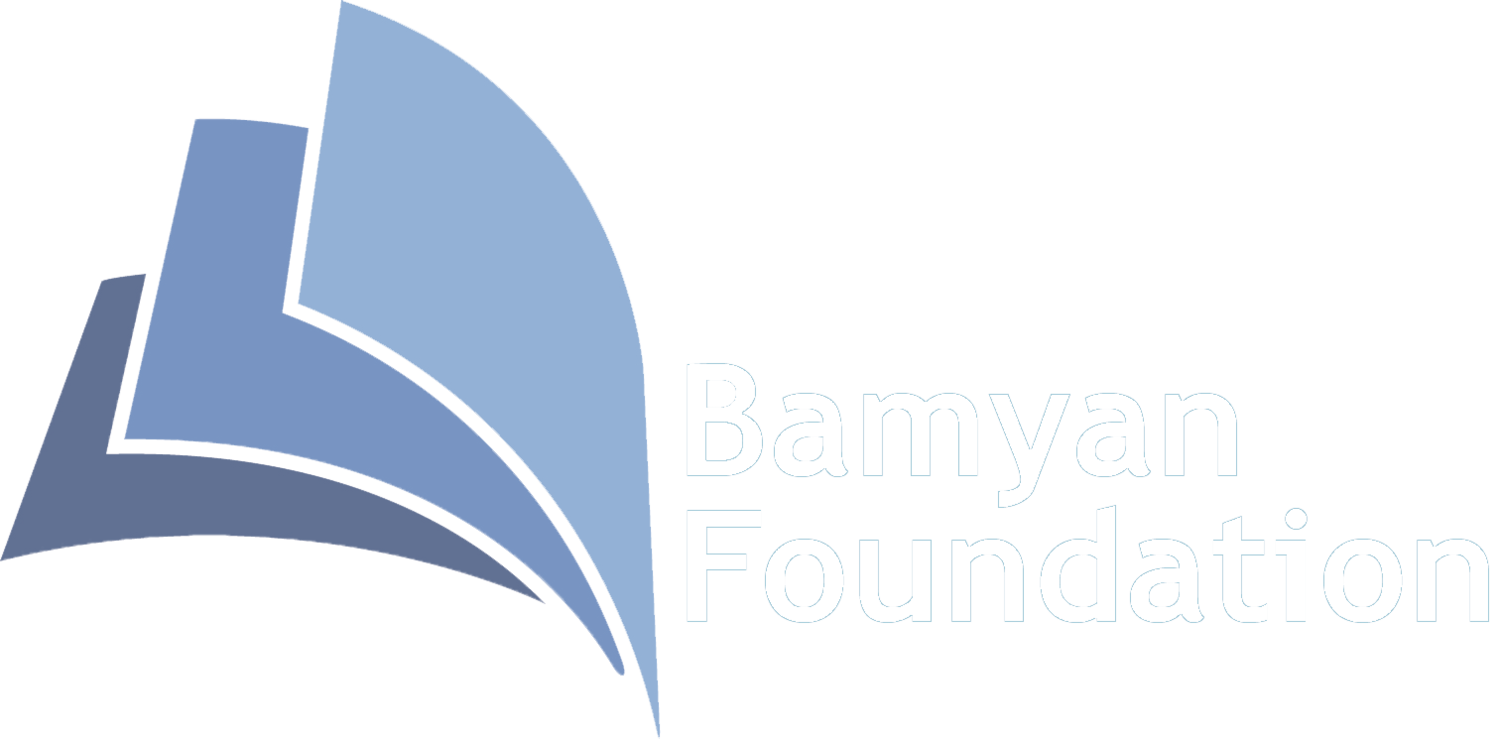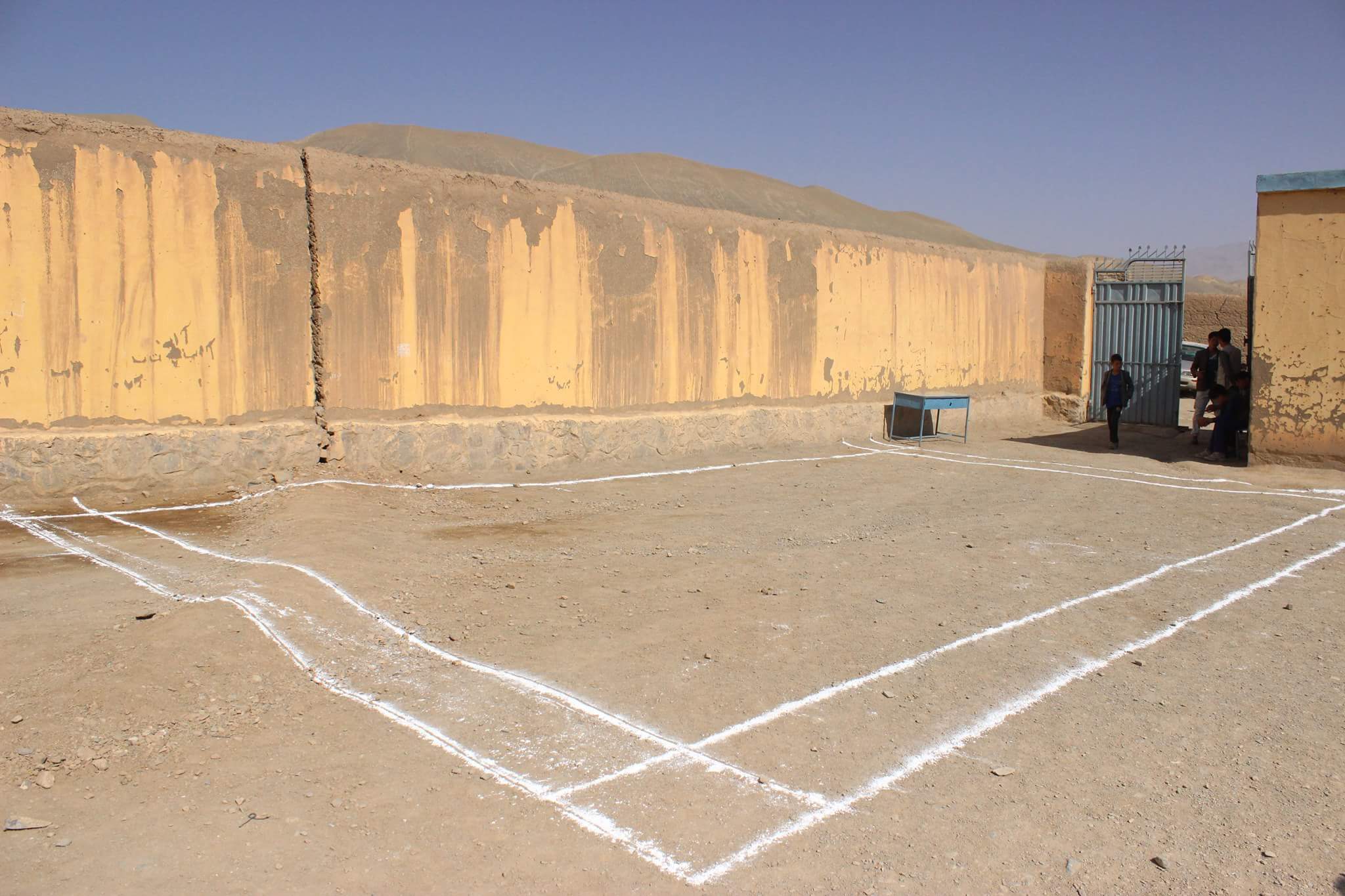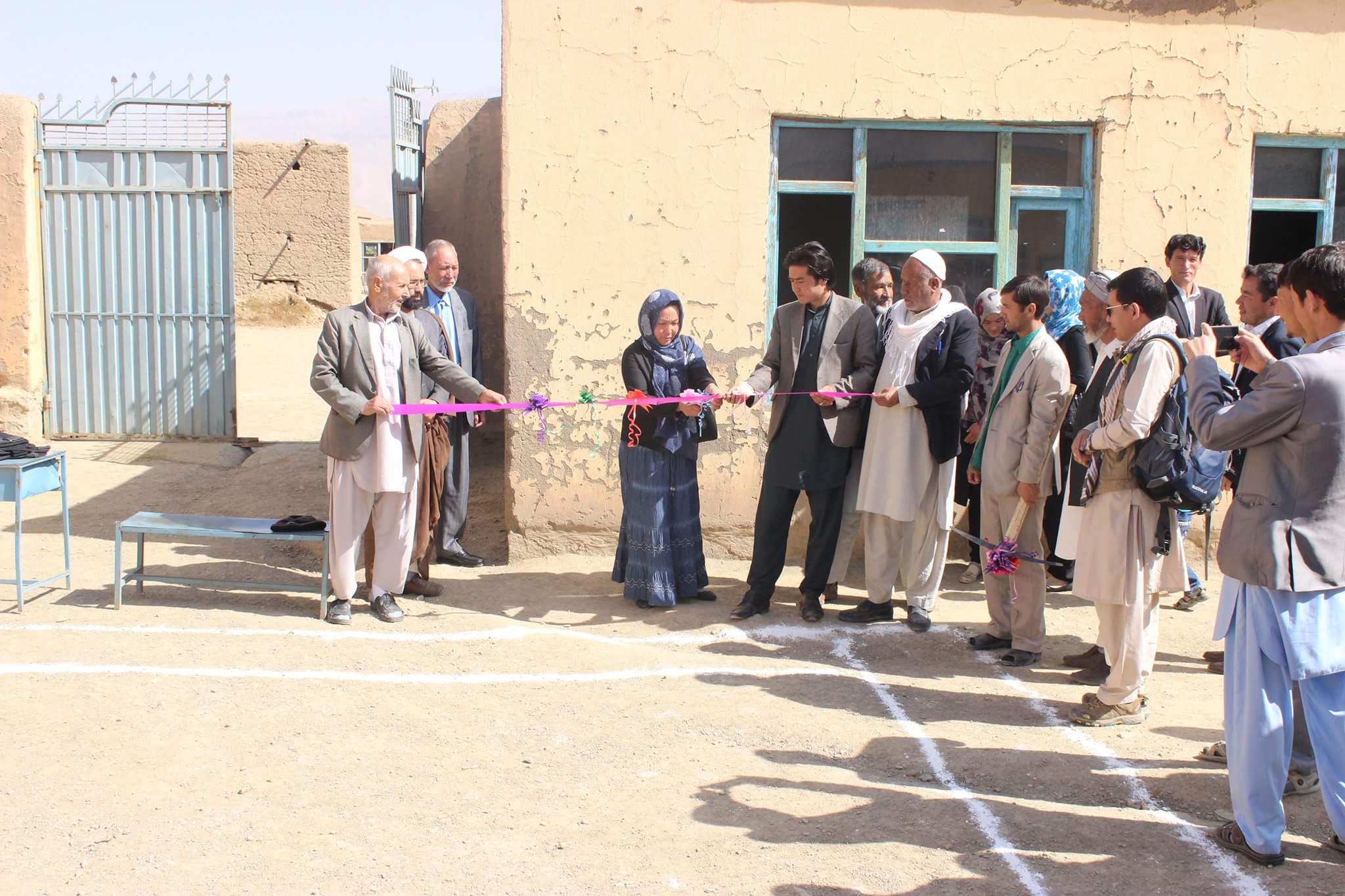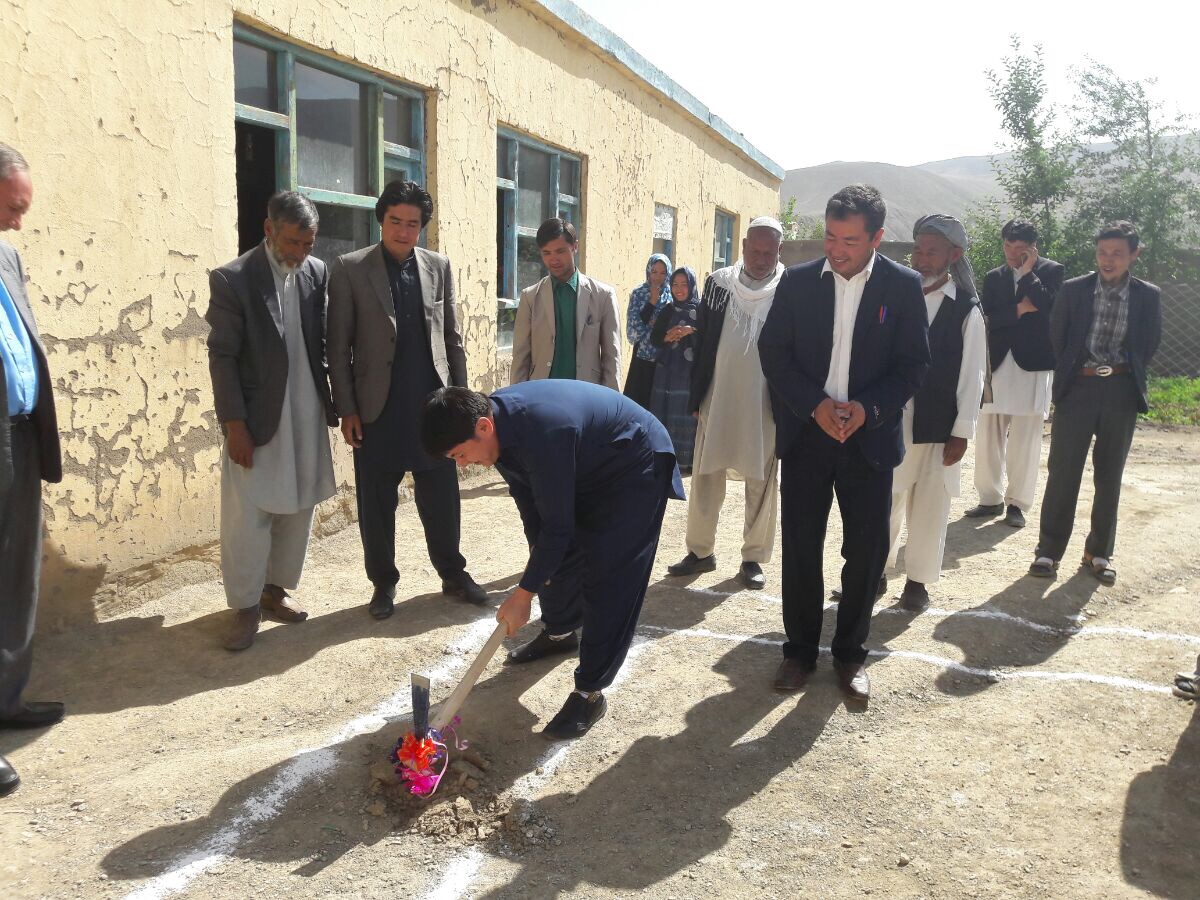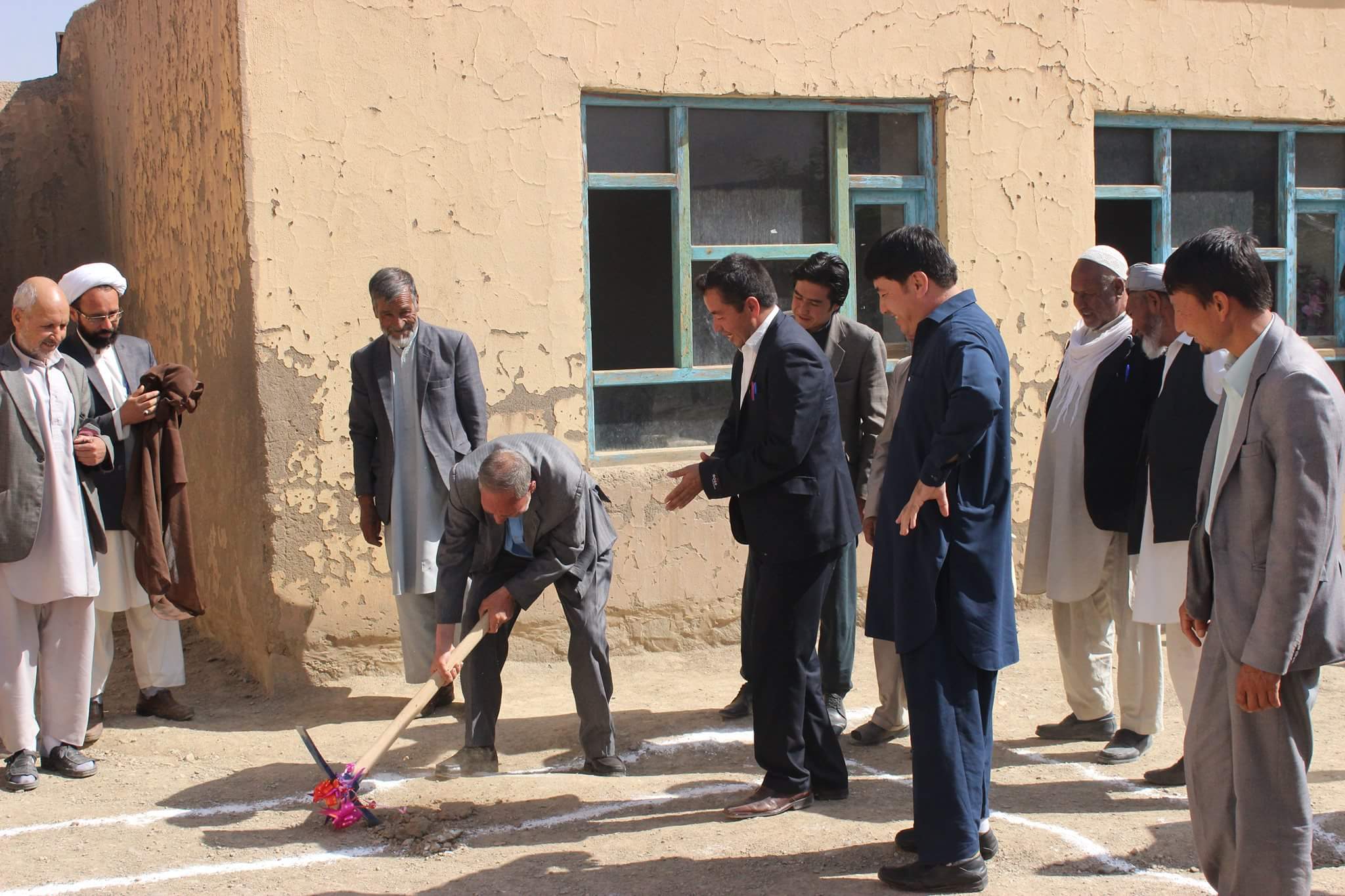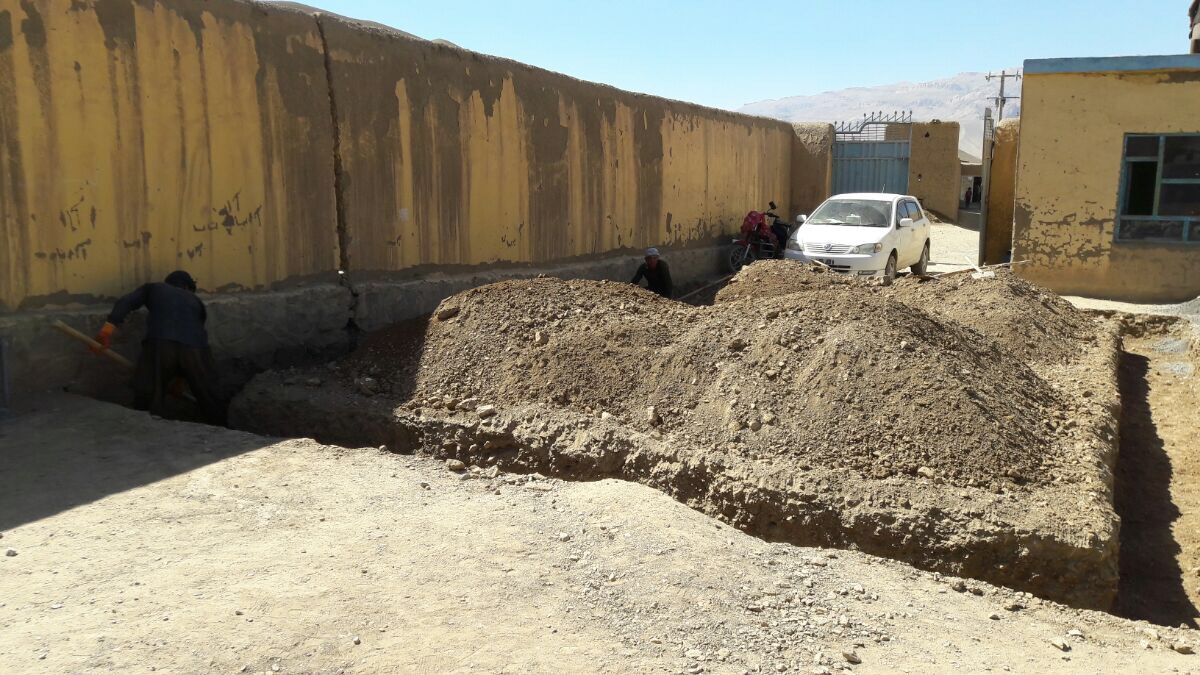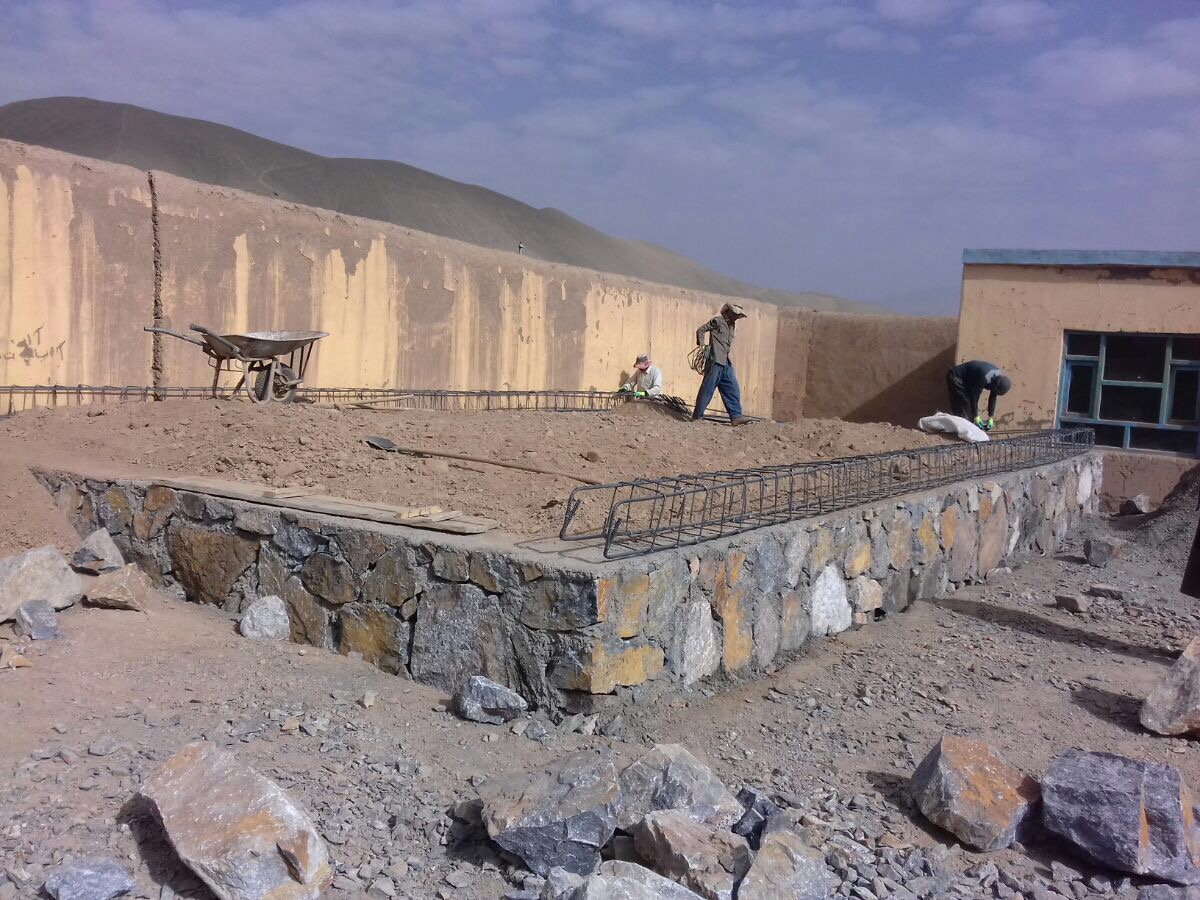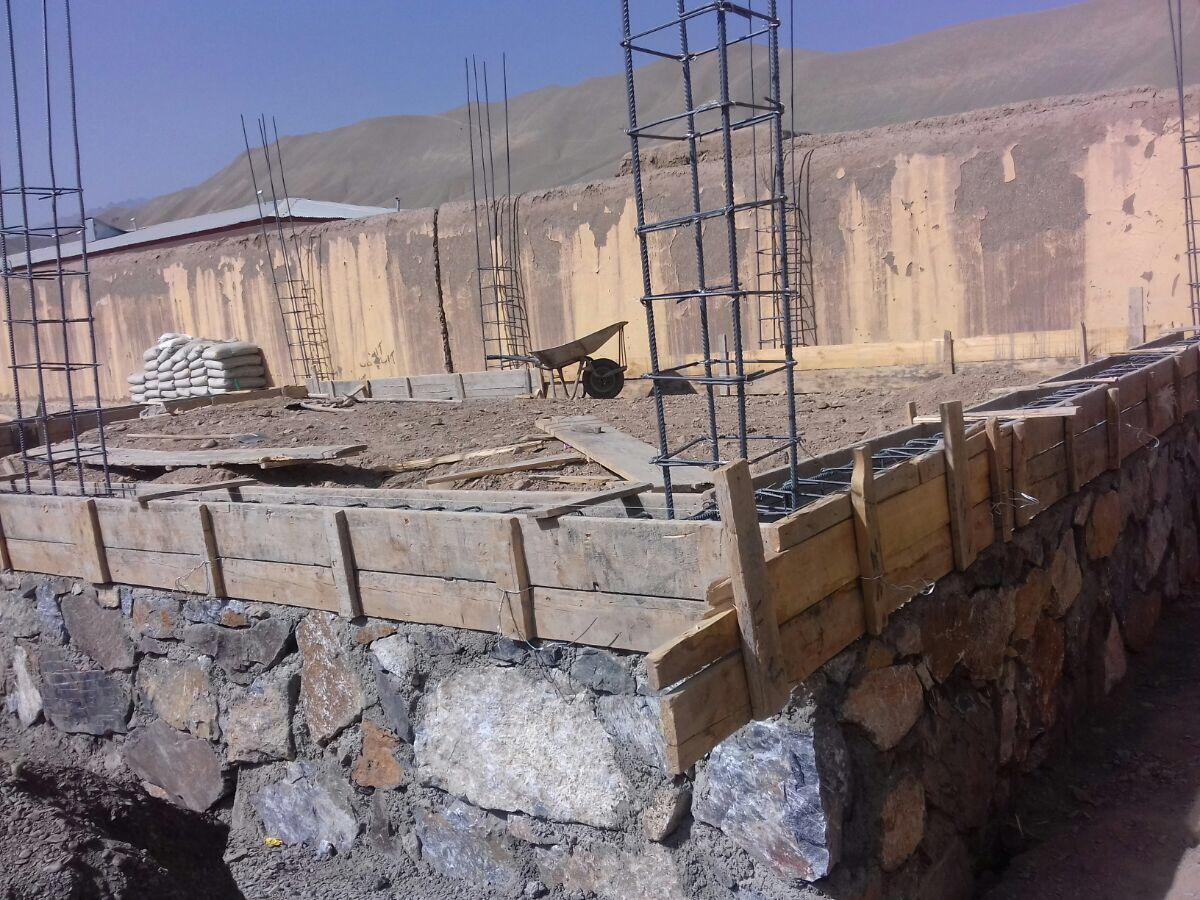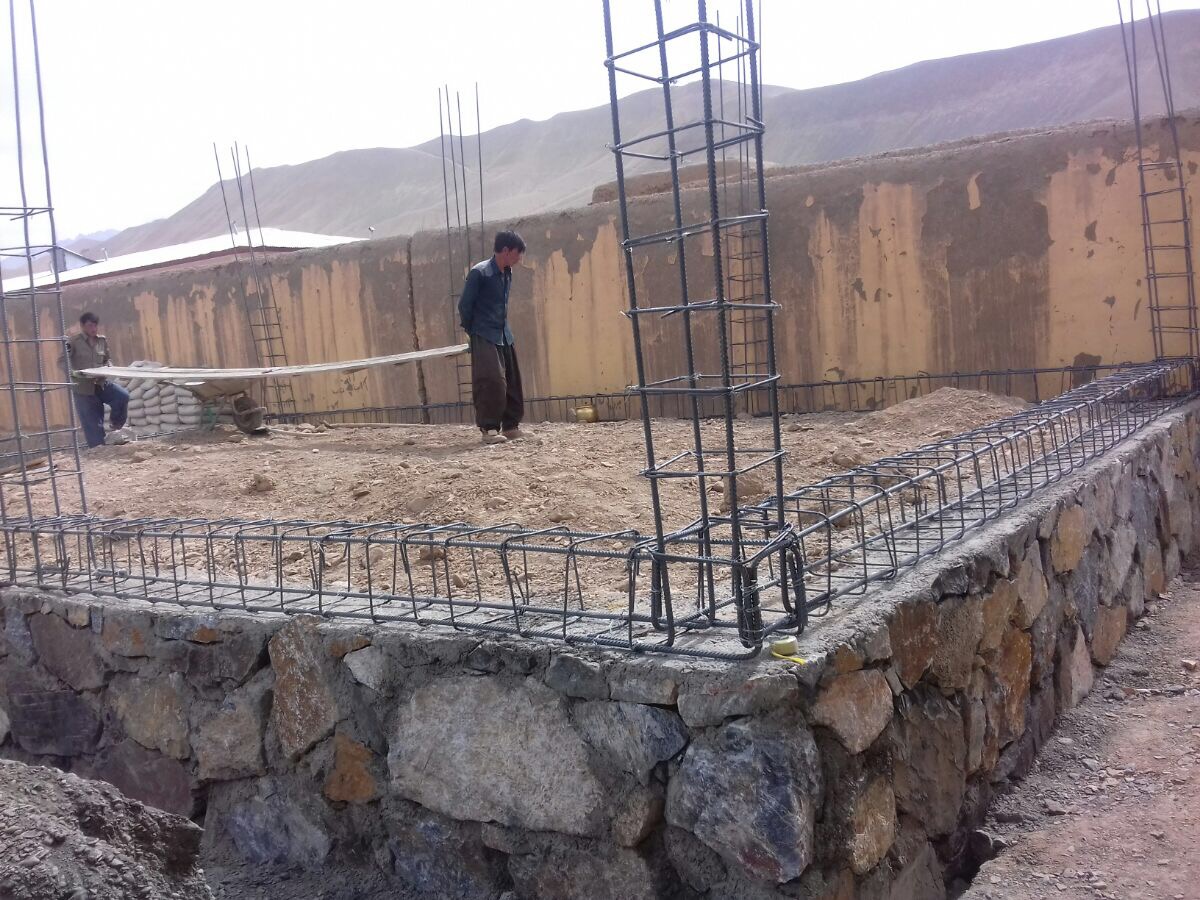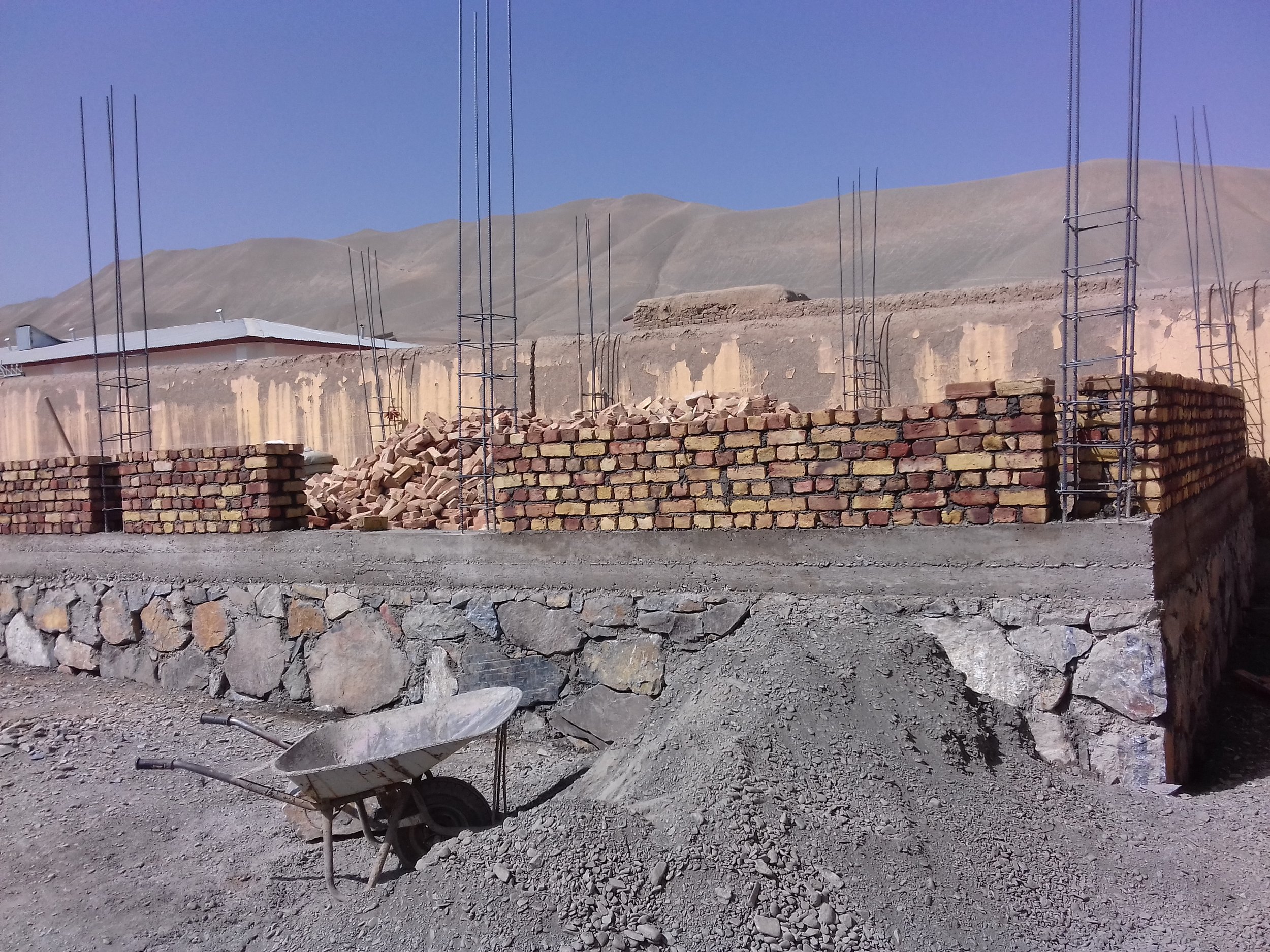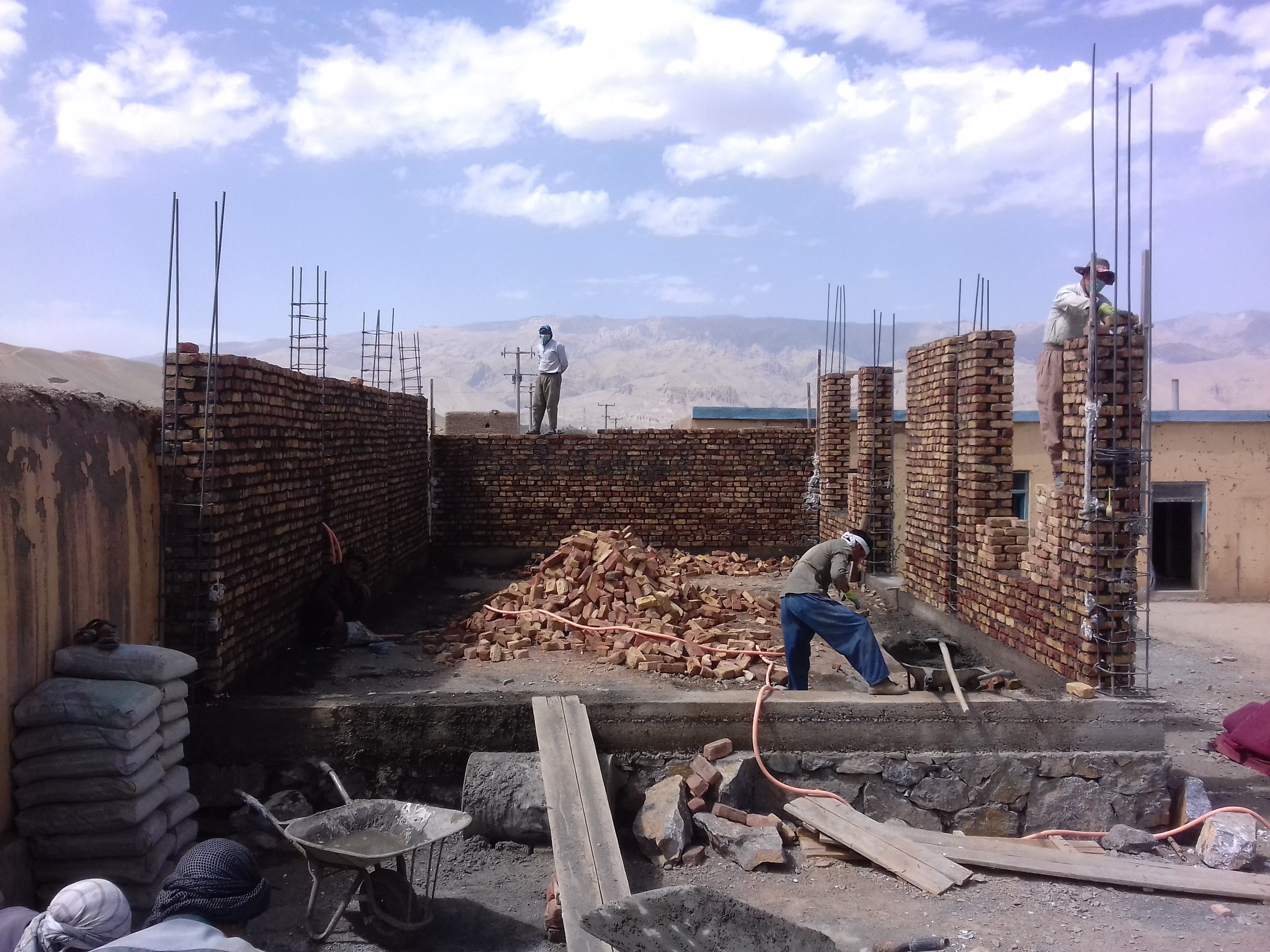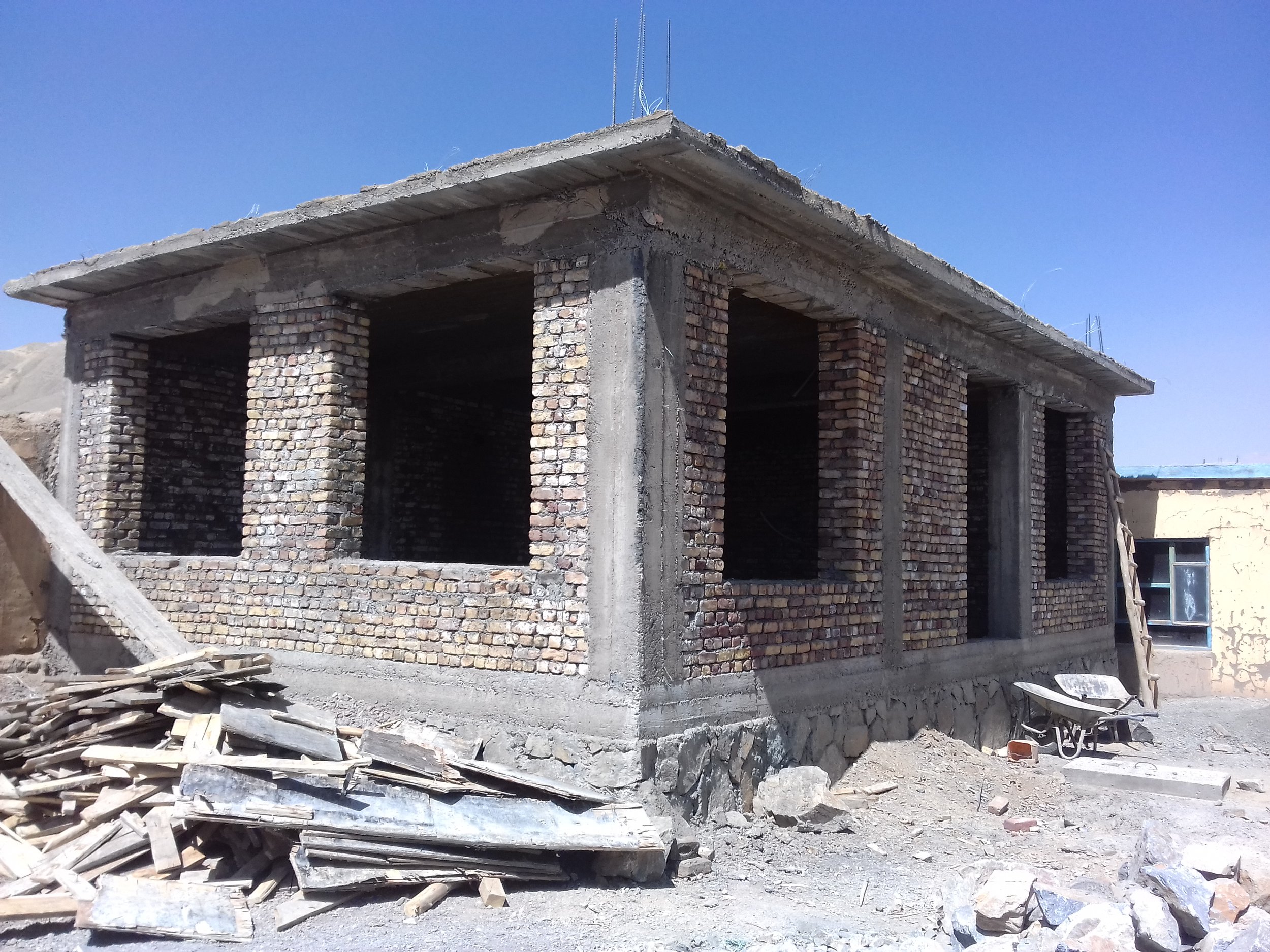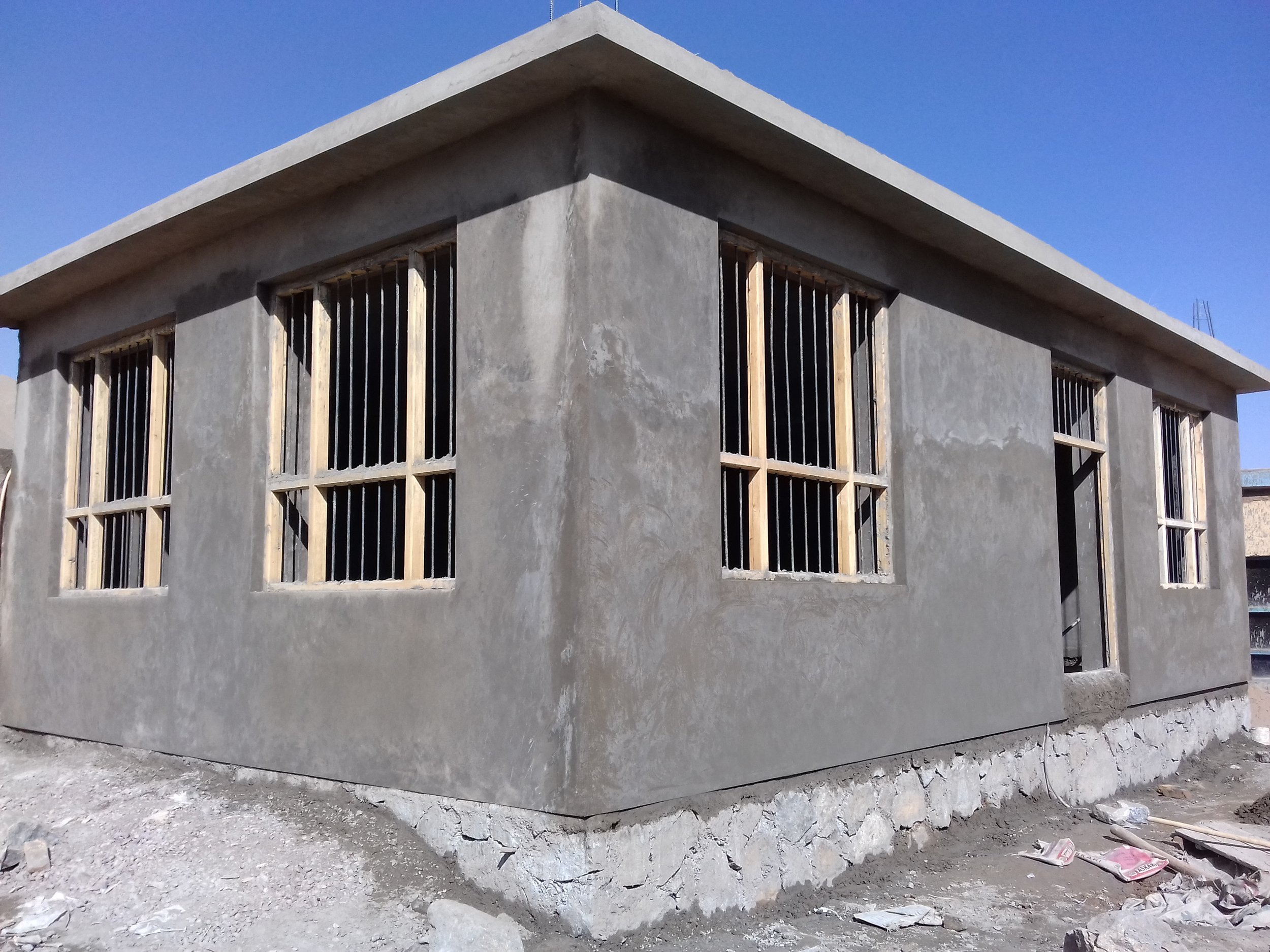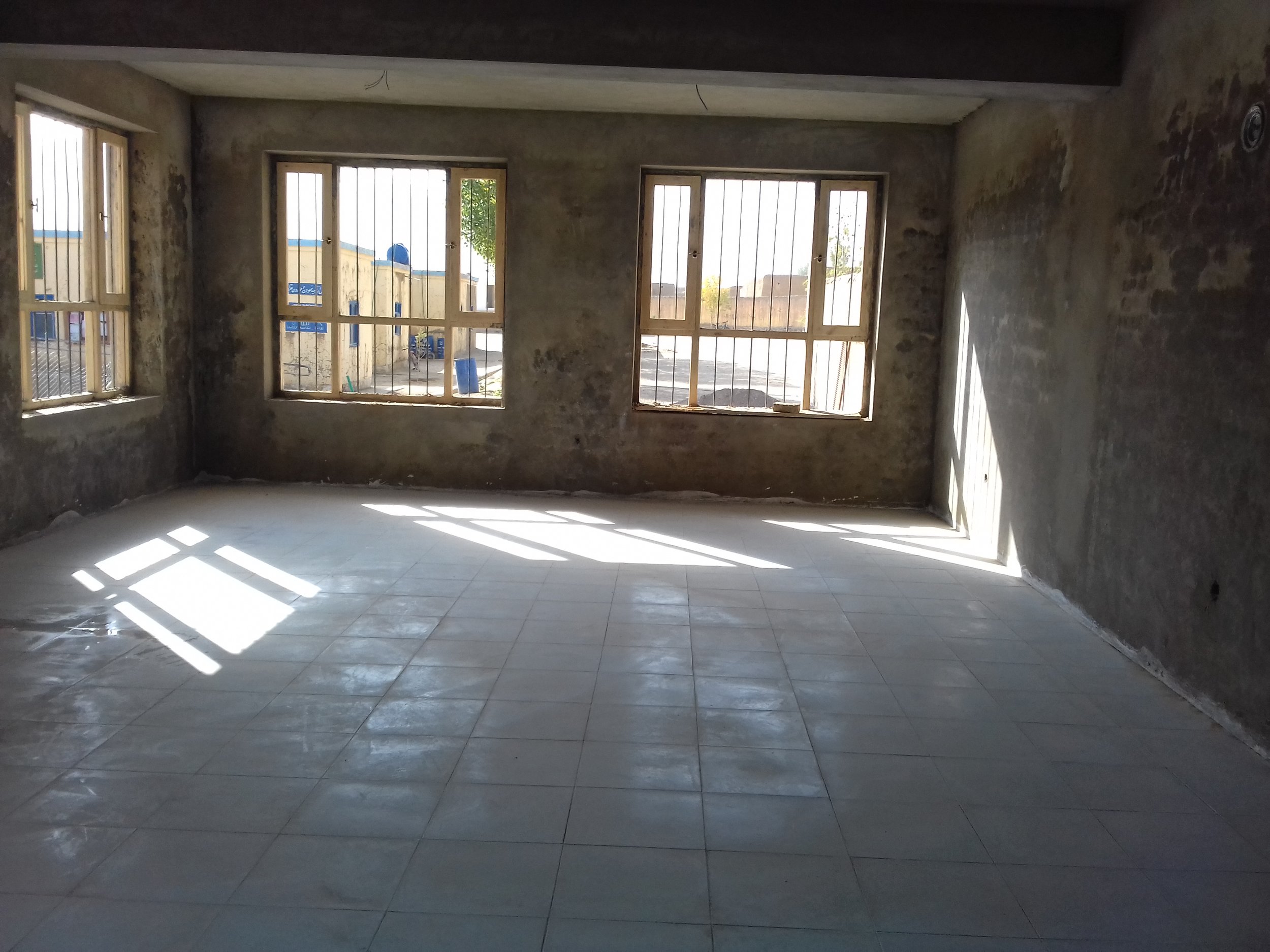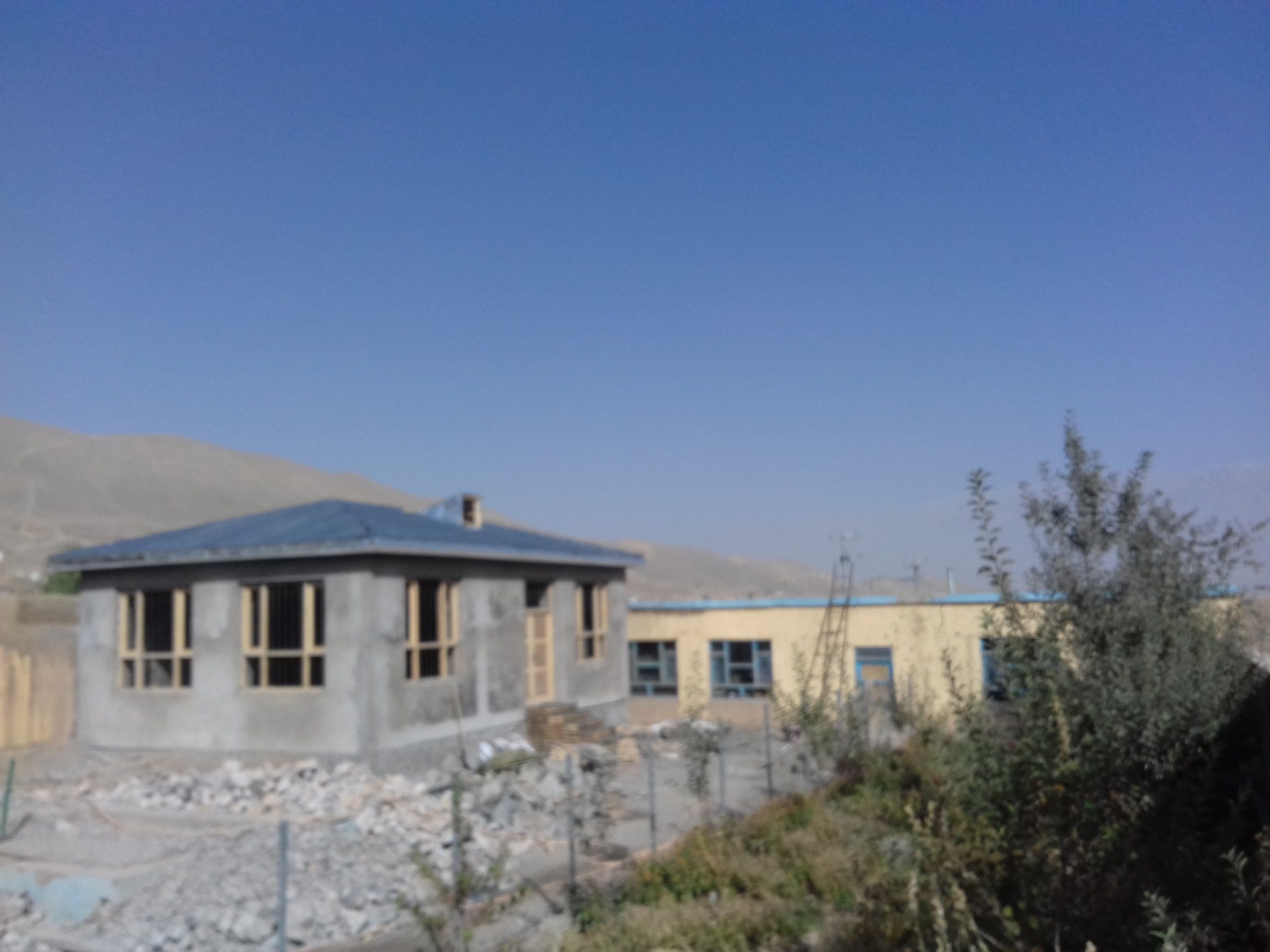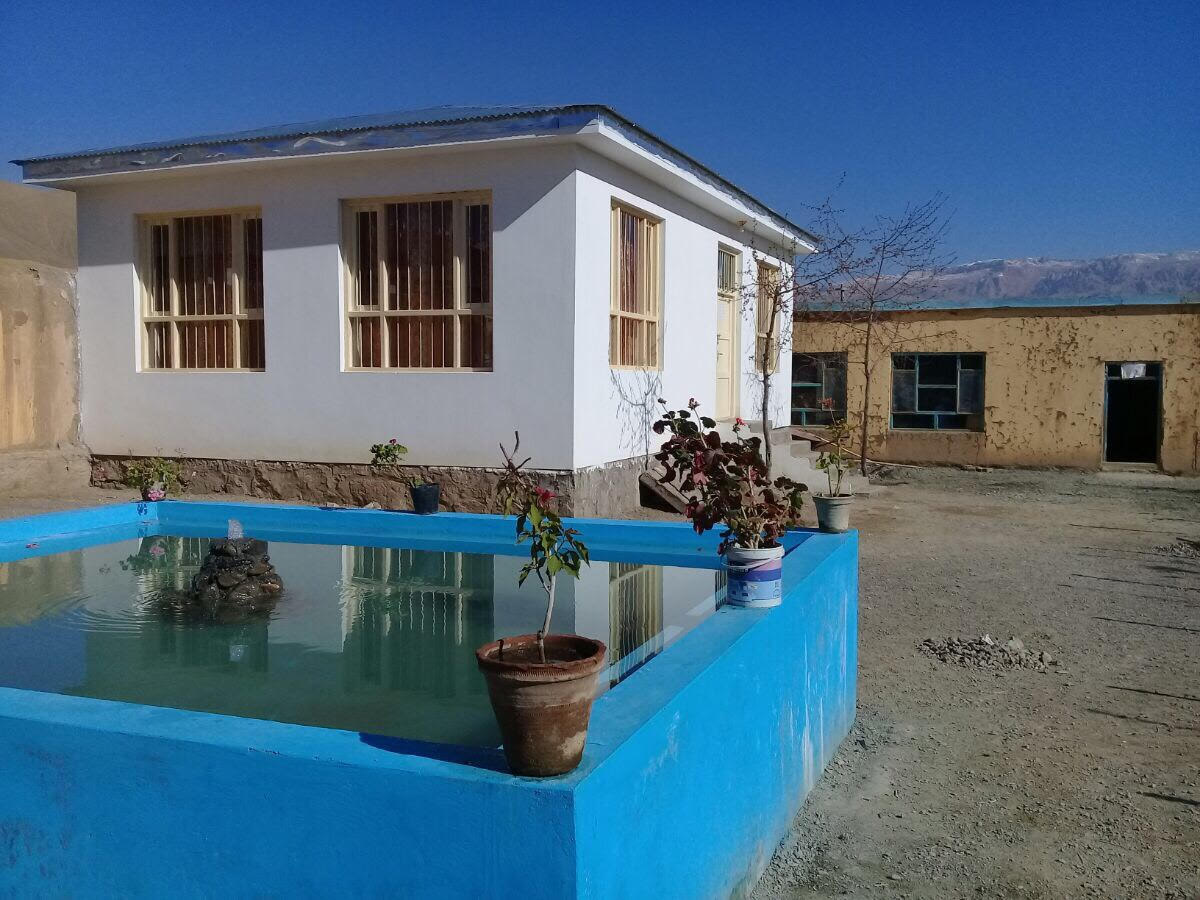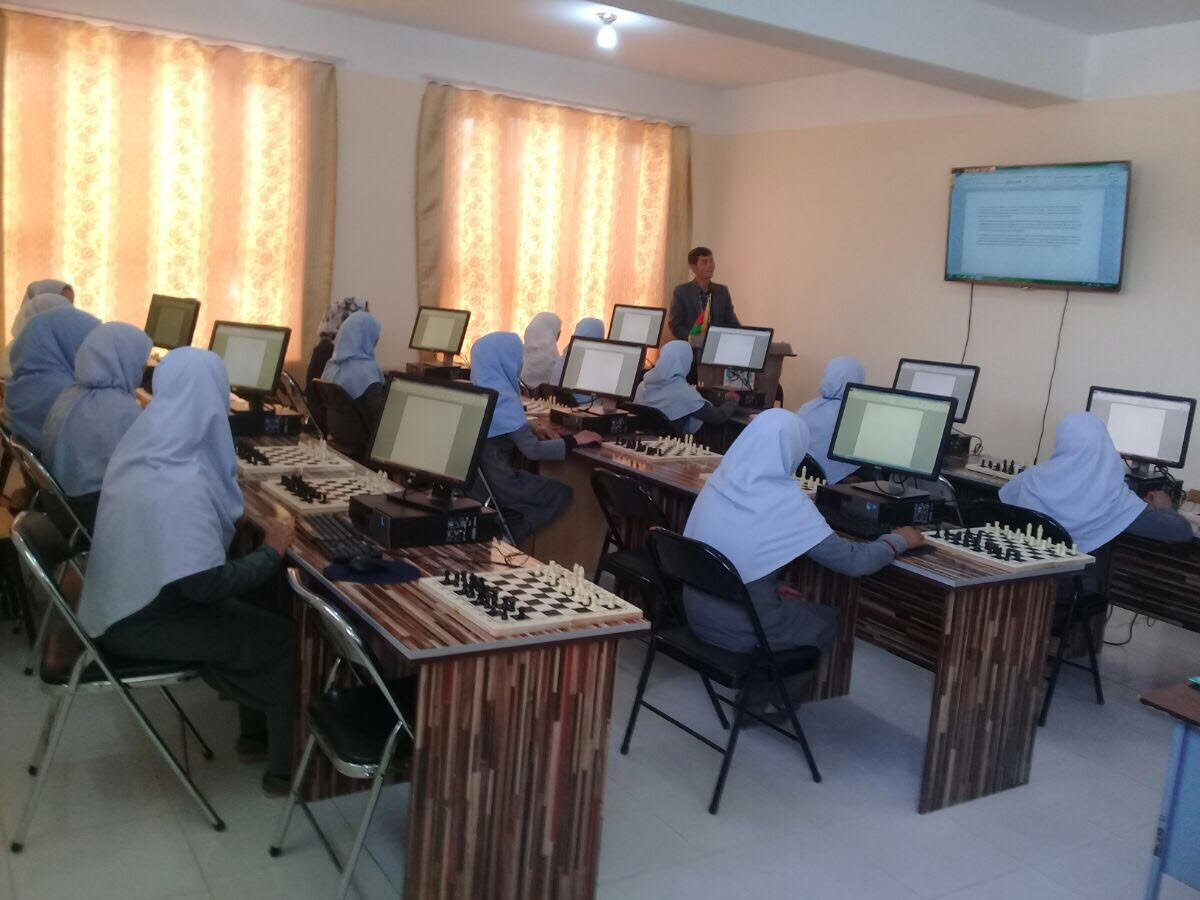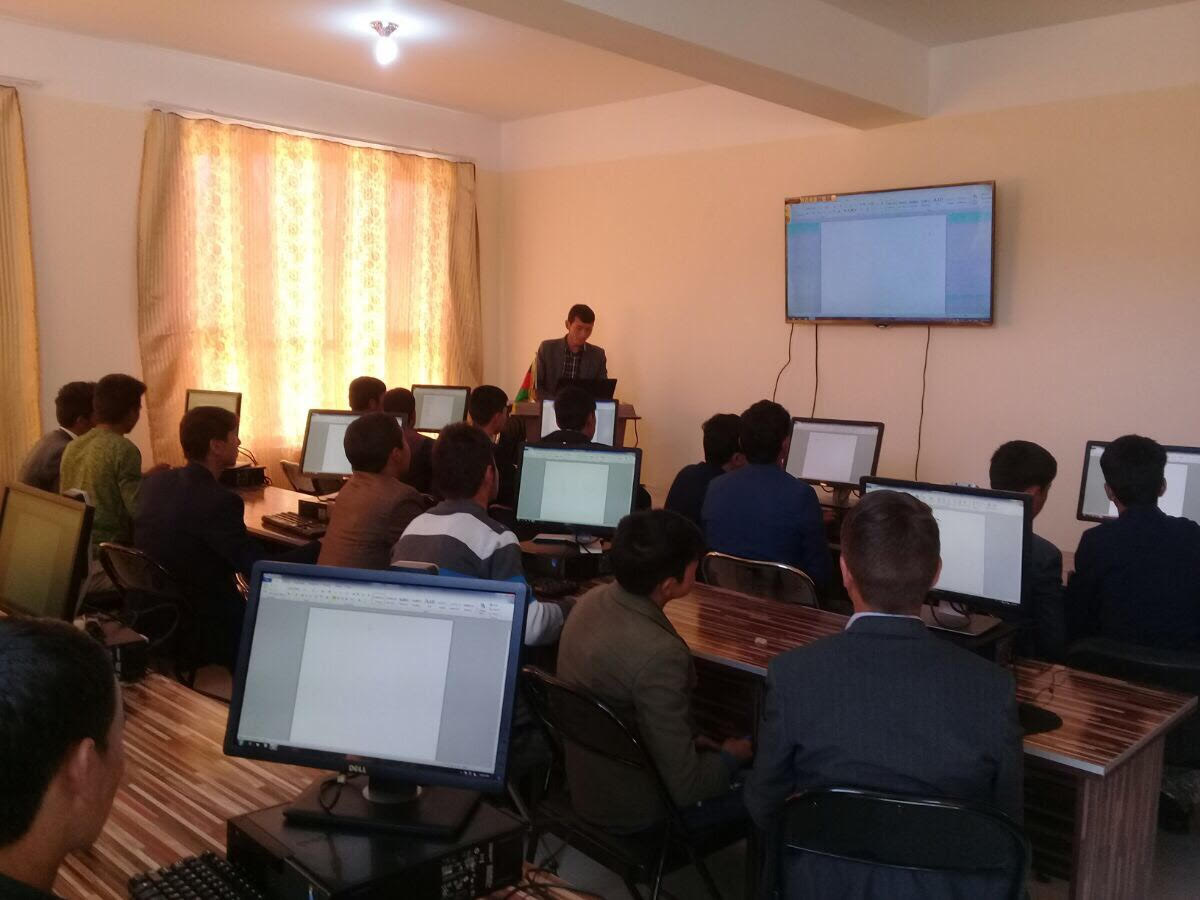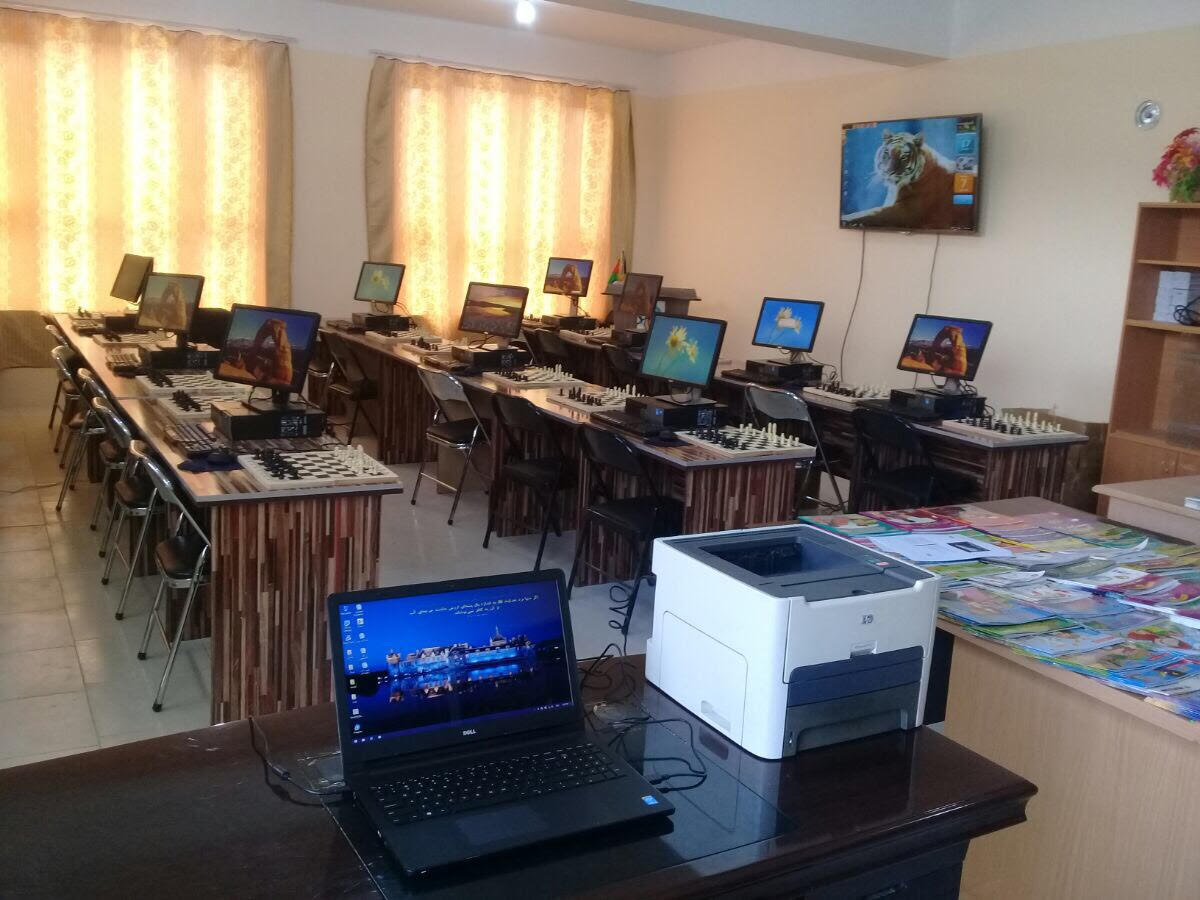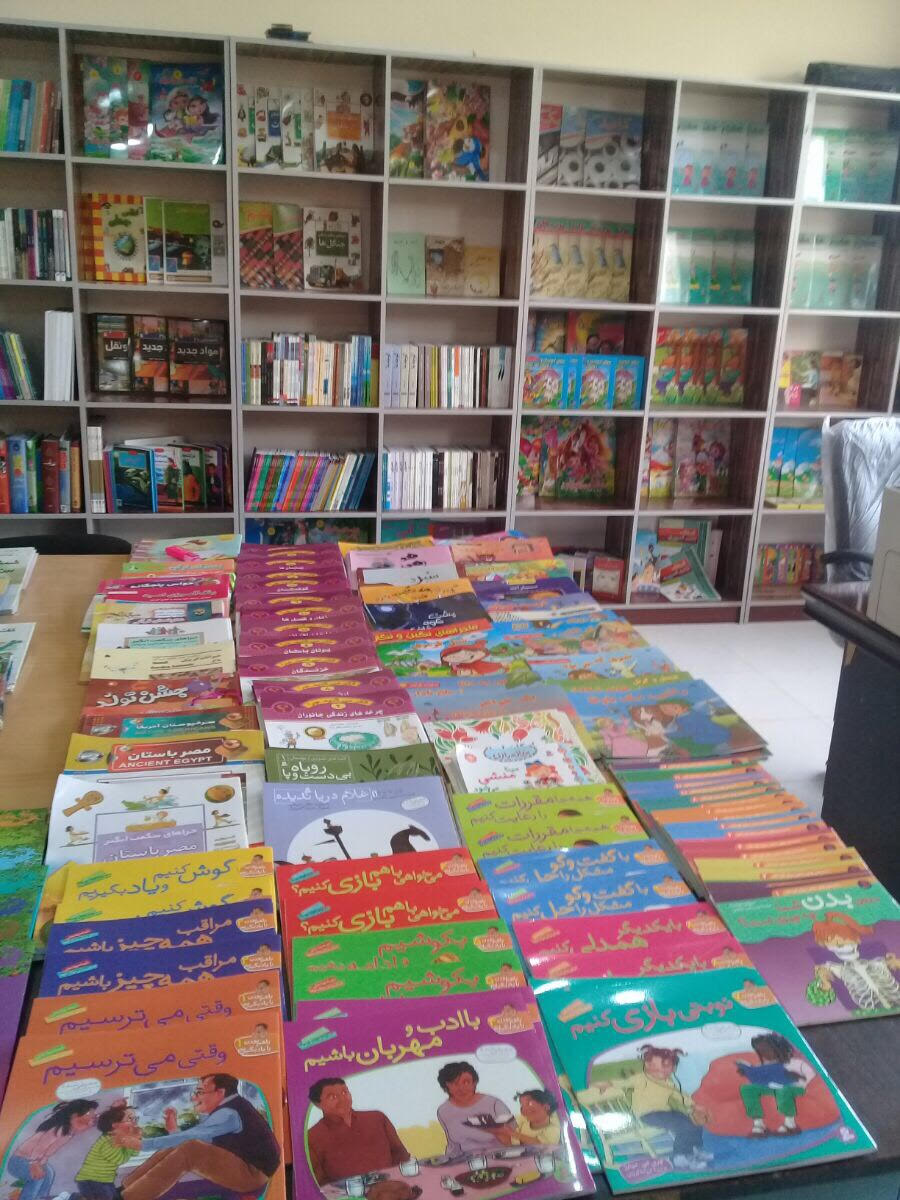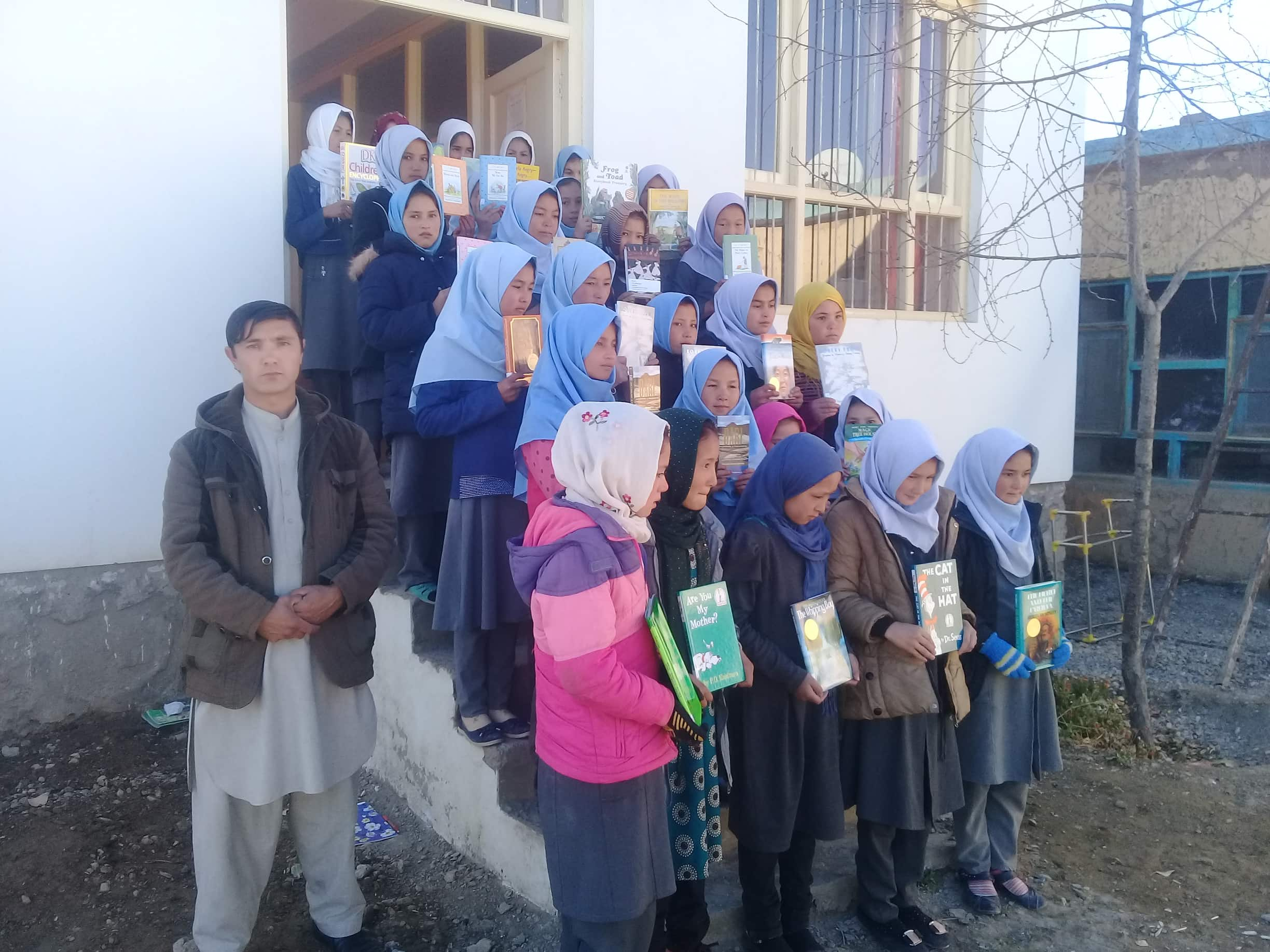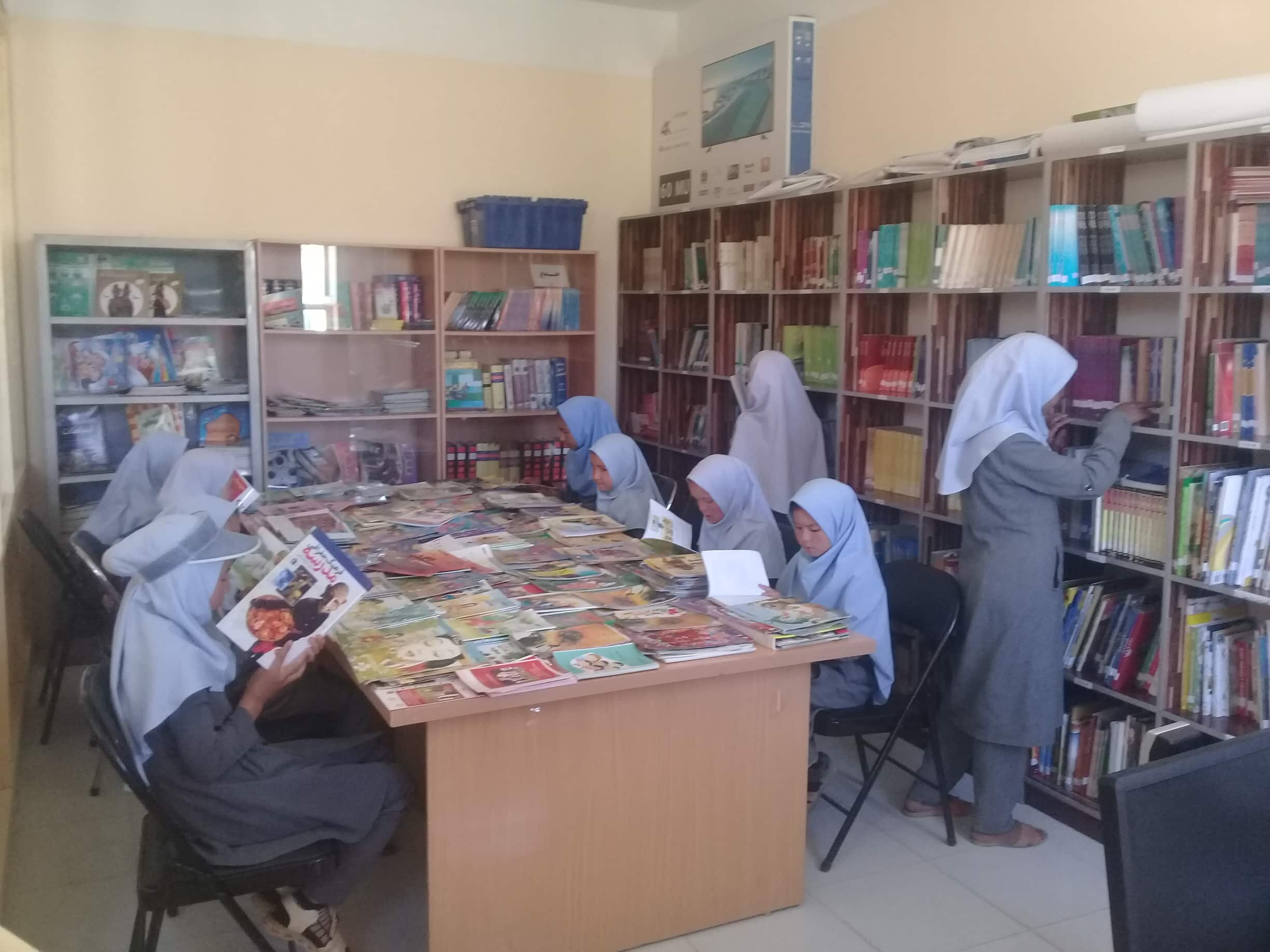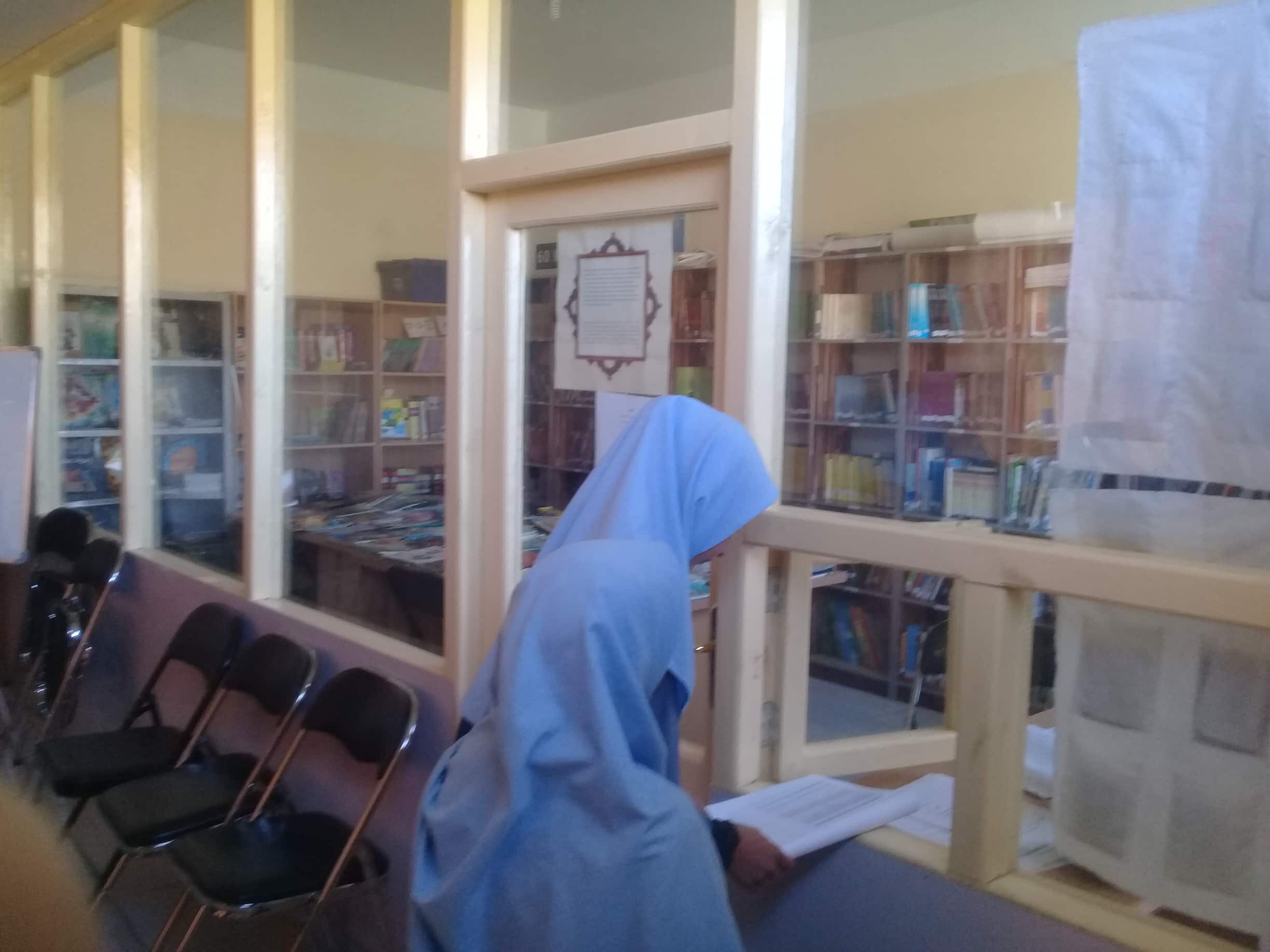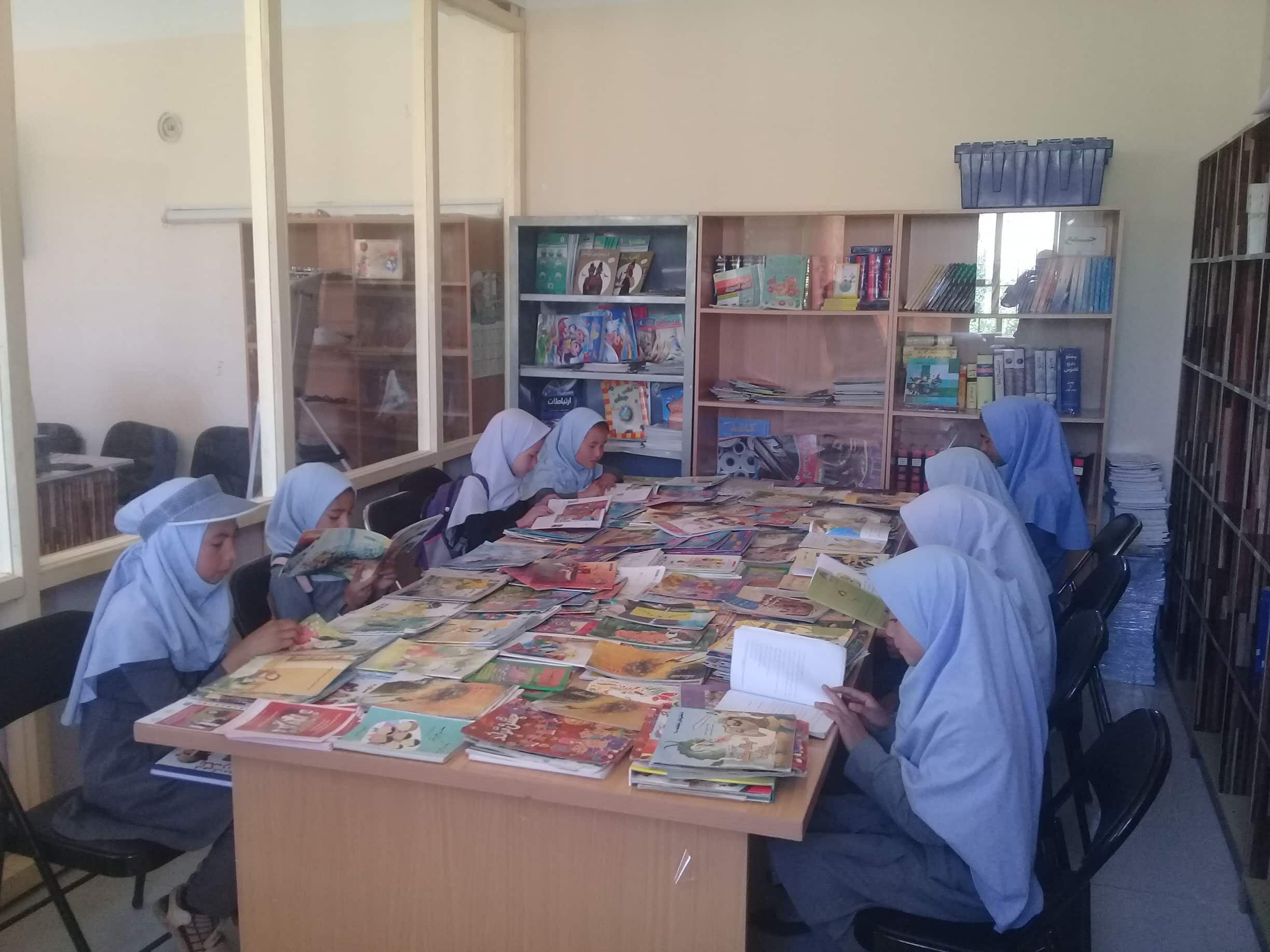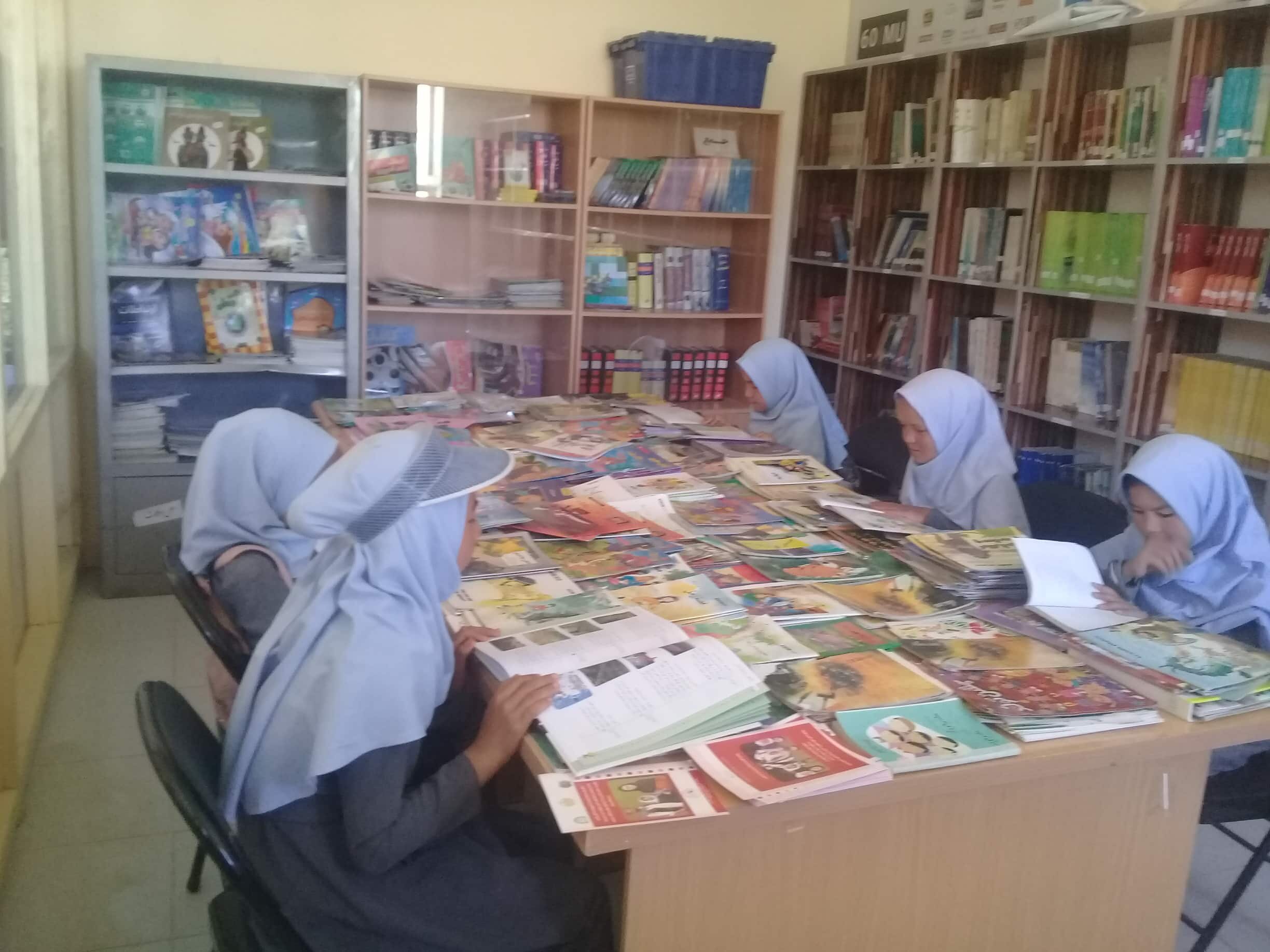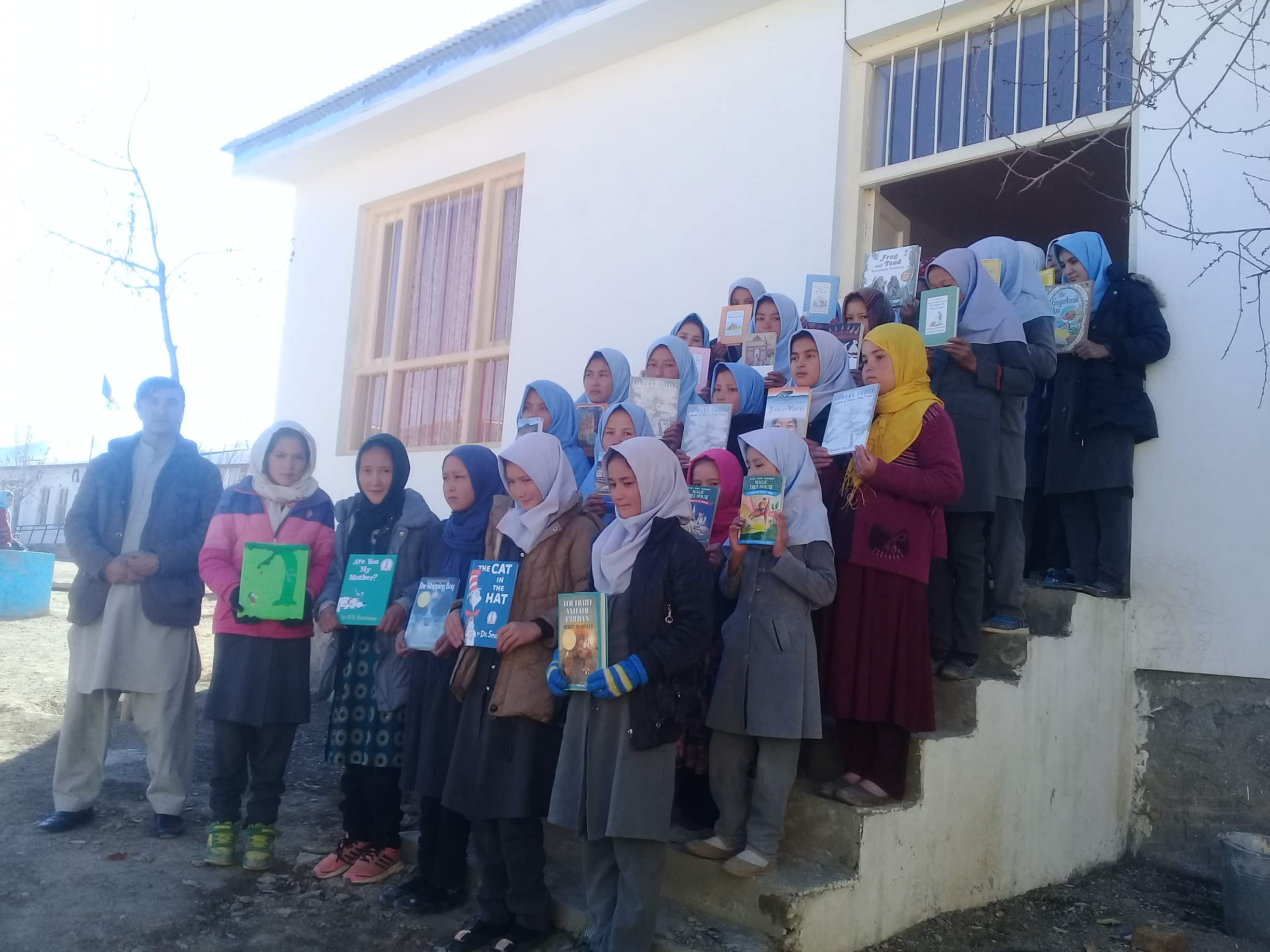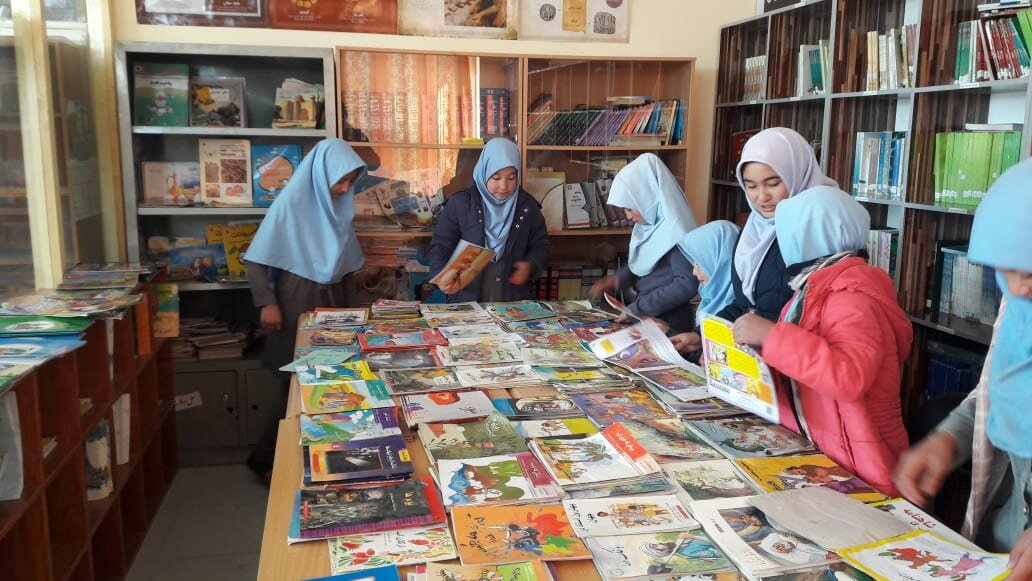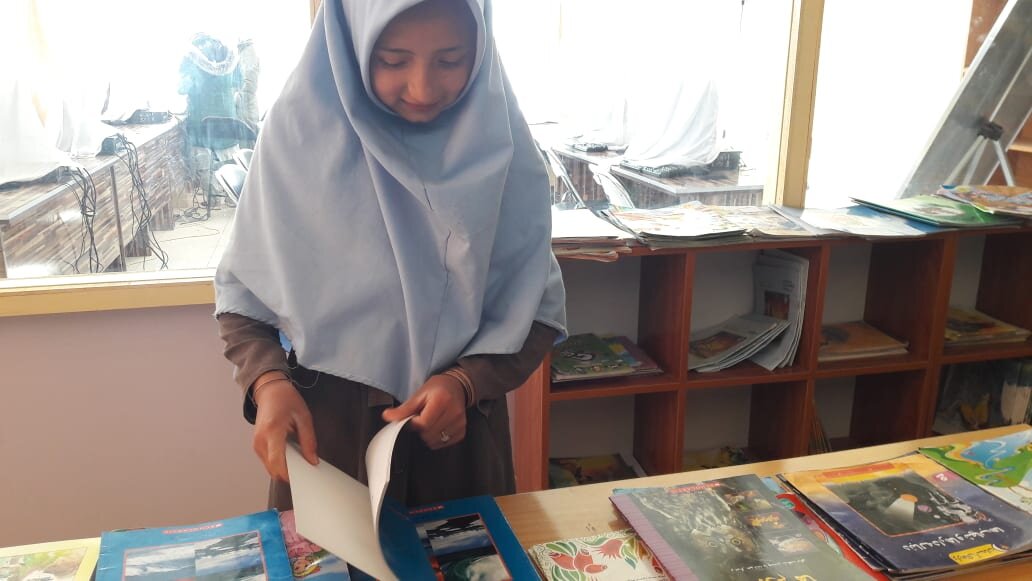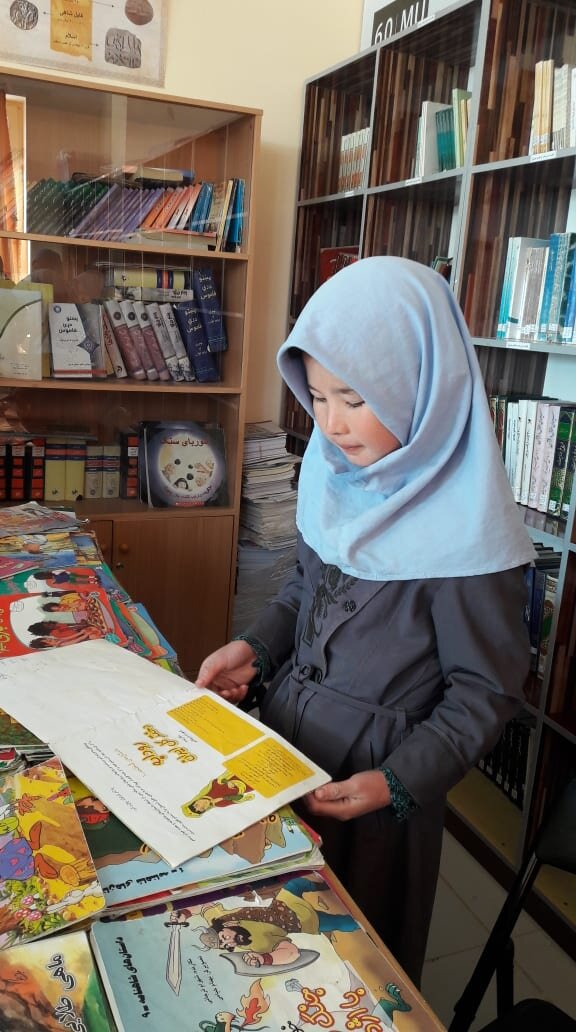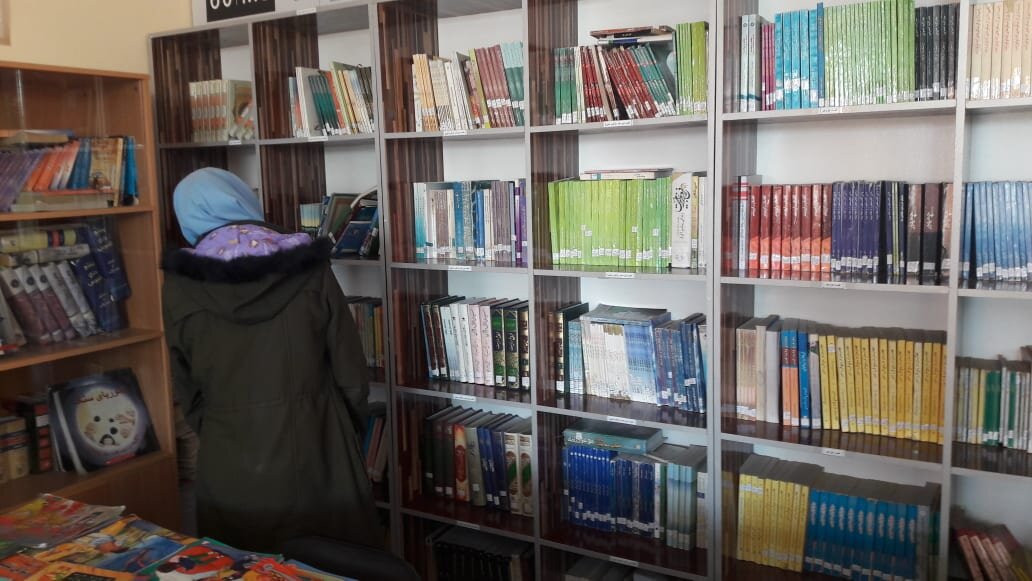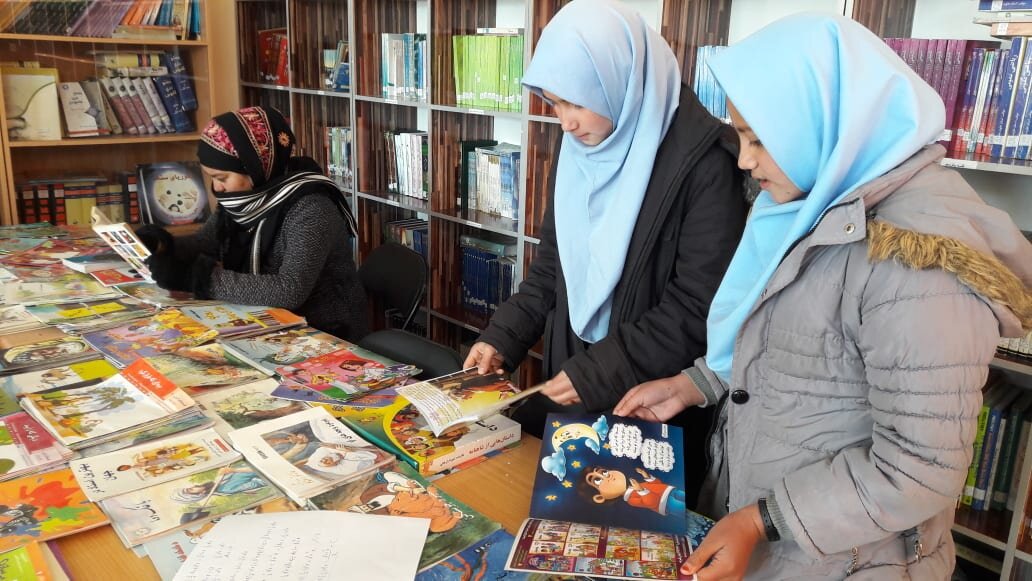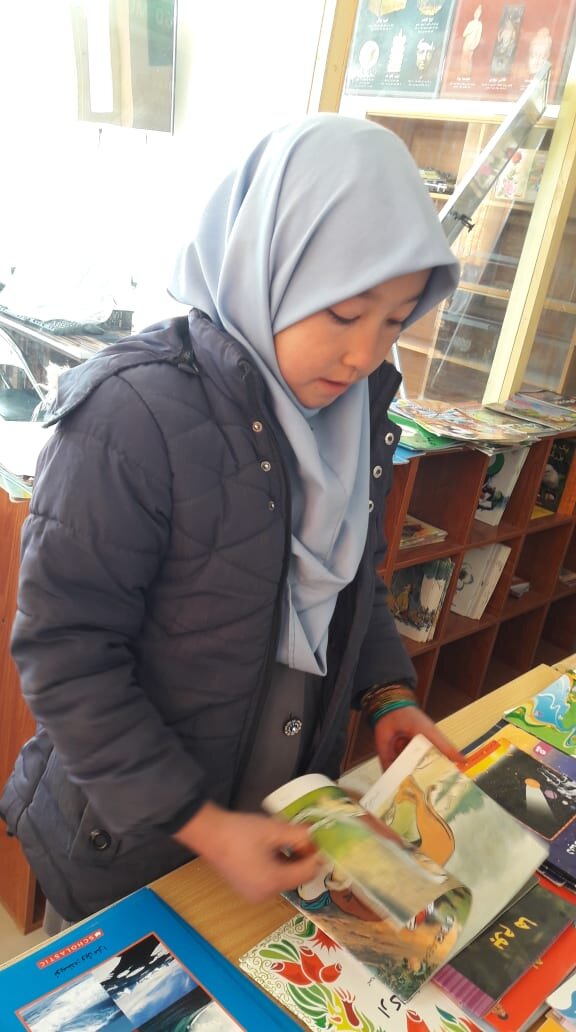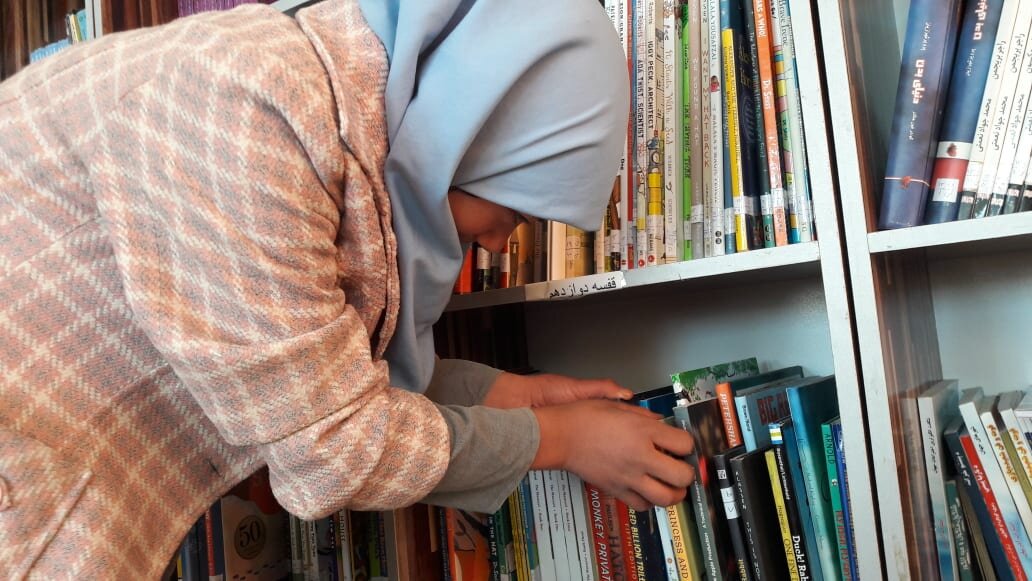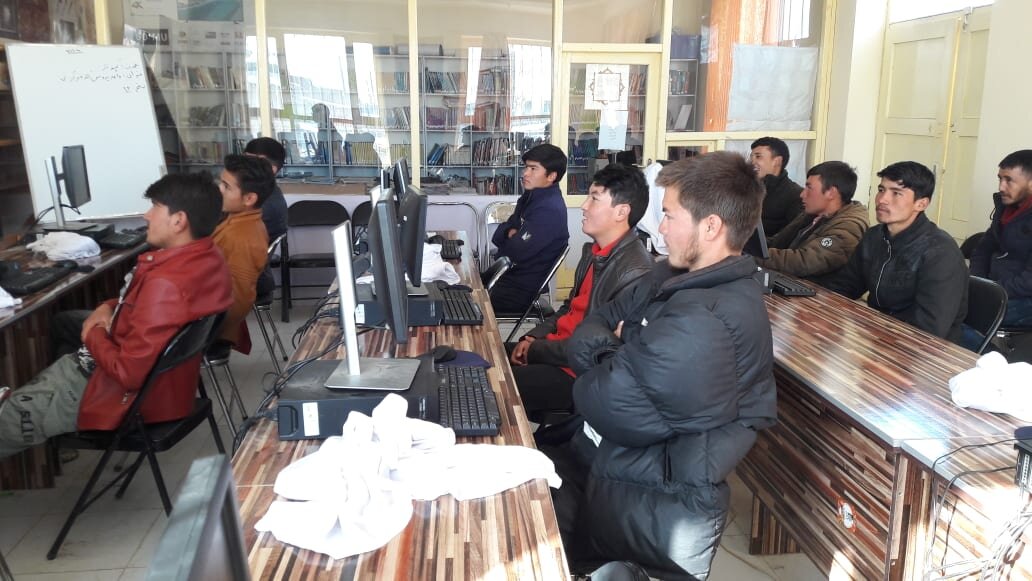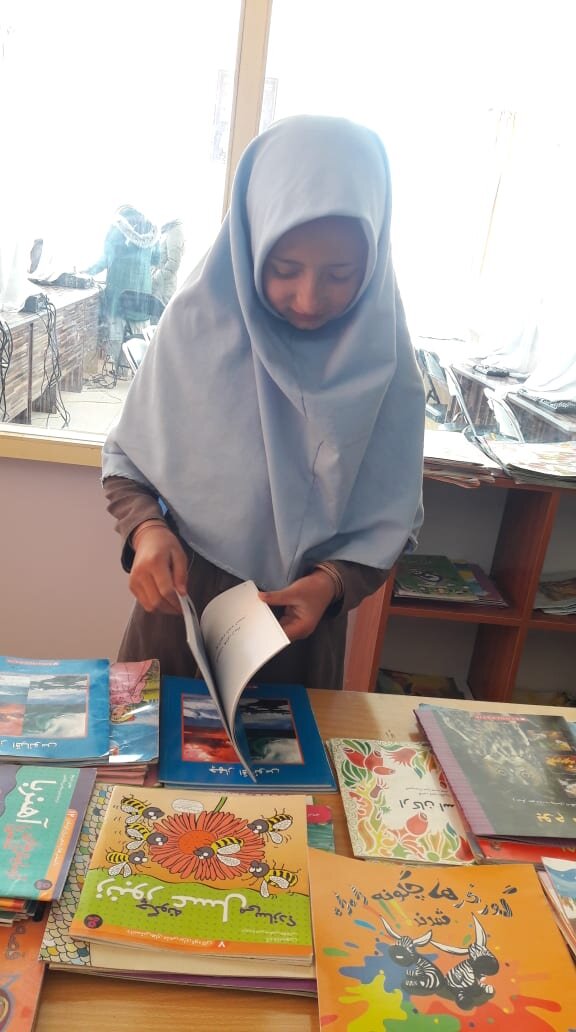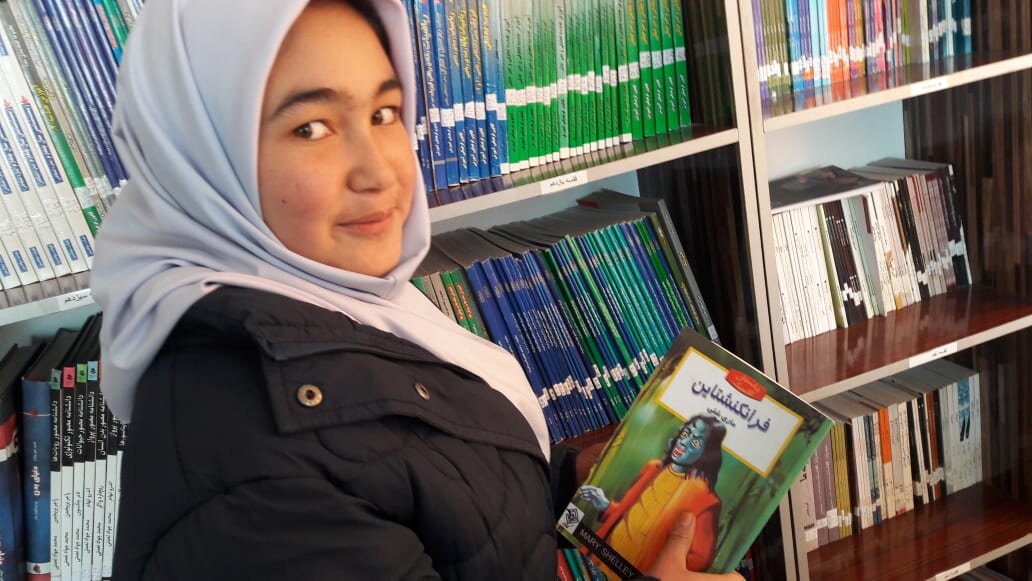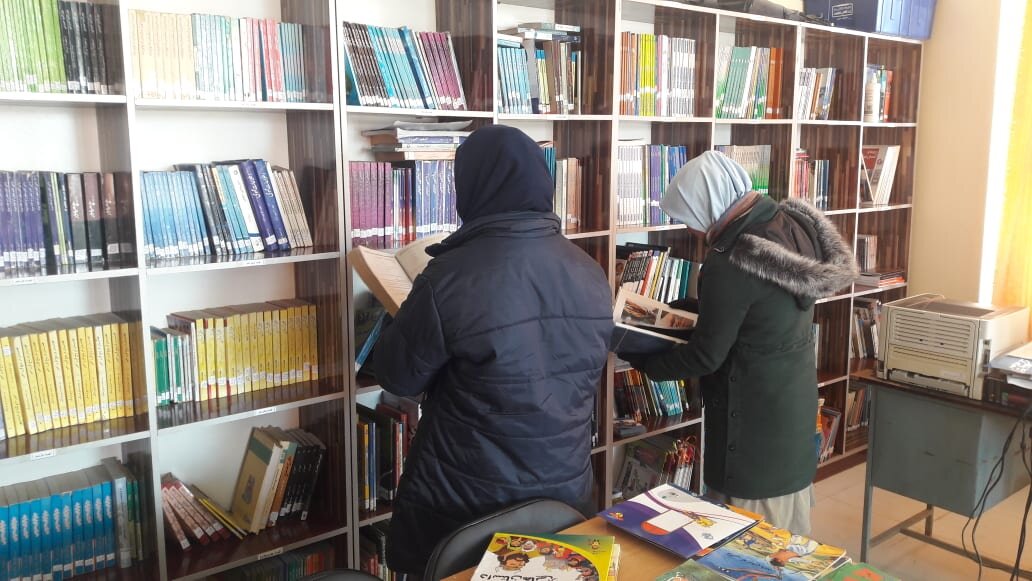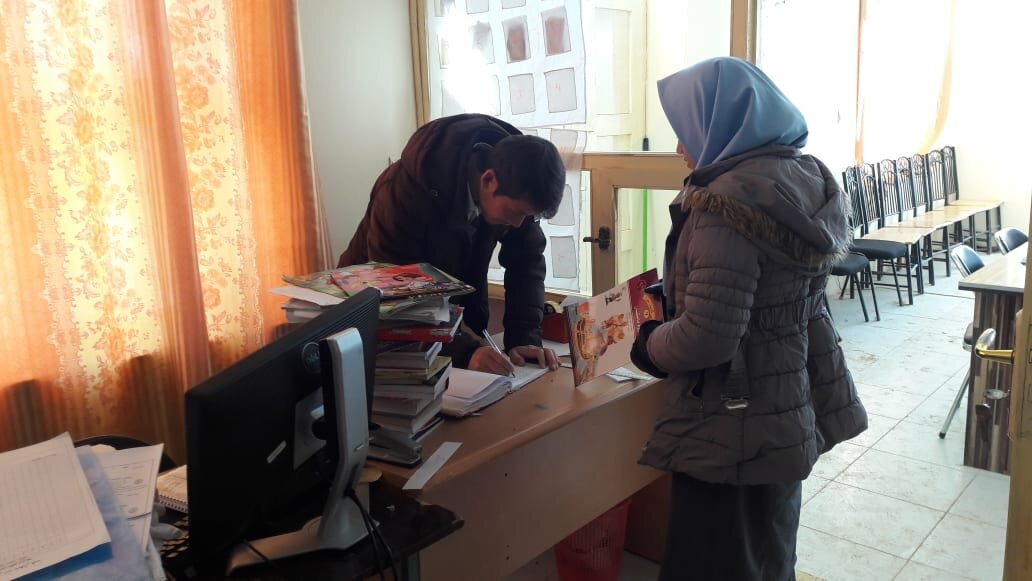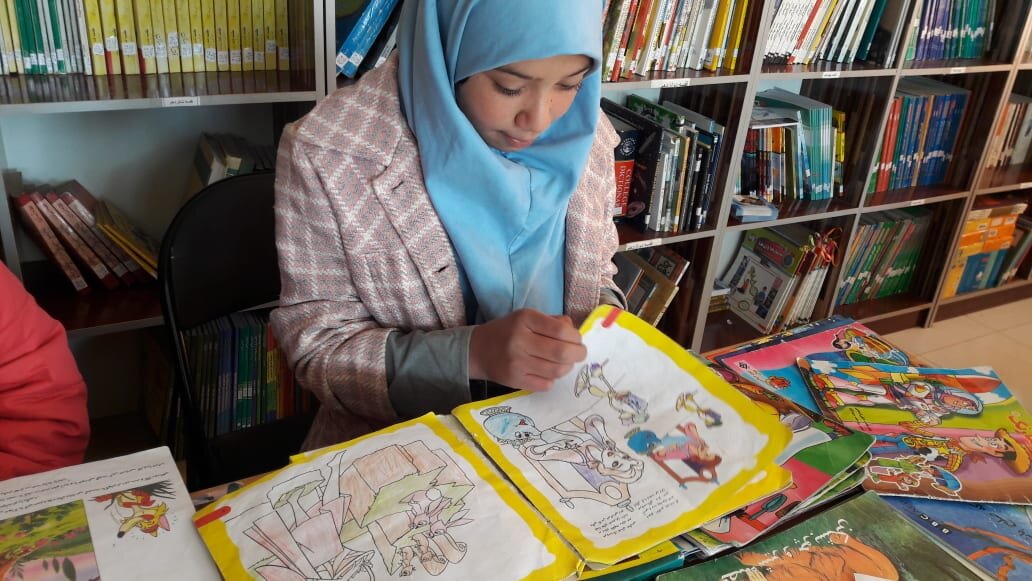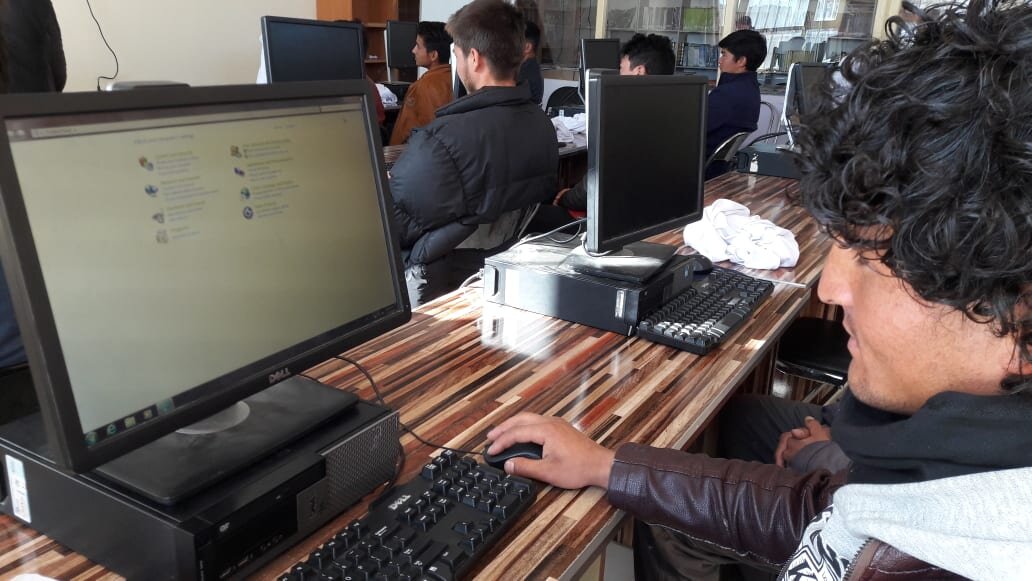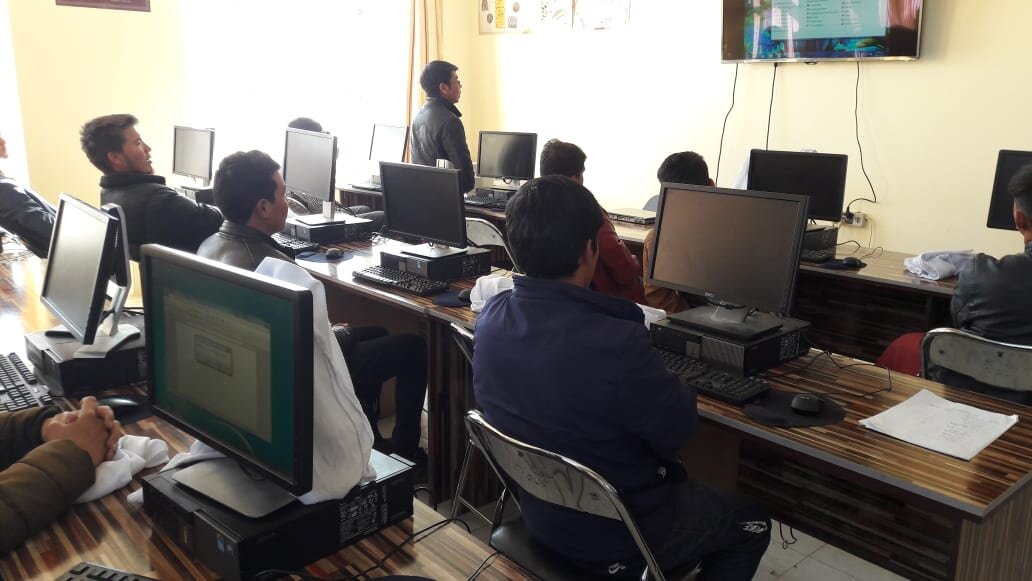In 2016, the Bamyan Foundation announced the construction of a library at Haidar Abad School in Bamyan, Afghanistan. The Foundation signed a contract with the Administrative Council of Haidar Abad School to construct and fund a library that will provide access to books for primary and secondary students at the school. This project has reached over 1352 female and male students.
An anonymous donor with previous experience spearheading educational and other humanitarian projects in Afghanistan asked the Bamyan Foundation for help in implementing the library project and the search by members of the board of the Bamyan Foundation, many of whom are fluent Dari/Farsi speakers, for a site and a community of dedicated educators in Bamyan City began. After sifting through several alternate sites and navigating Afghanistan's legal and administrative terrain, the contract (written in both Dari and English) was signed and ground broken on July 14th, 2017. We are deeply grateful to our anonymous donor, whose support has made this project a reality.
There has been extensive research indicating that exposing children at early stages in their development to the written word increases exponentially their vocabulary, reading speed, and comprehension. Thus, development of a project for a library in Bamyan meets a crucial need for the young students and the community.
The construction was completed in late 2017. Books, computers, and equipment were purchased in March and the library has been open to students since April 2018. The library has a librarian and two assistant librarians. The assistant librarians are picked from the student body, representing a female and male student.
In 2018, Over 650 boys and 550 girls ages 6 to 19 had access to the library building. The library was fitted out with 10 computers, approximately 750 volumes of books (100 donated free of charge by the publisher) in the two local languages (Dari - a few in Pashto) and over 200 English language books. The library was open each school day during the school week in two sessions for the two genders. Students asked to borrow books to read during break times and the computers and monitor were used by the science teachers - biology and chemistry to show videos (e.g., a heart pumping blood, etc.) - and for computer lessons. Two twelfth graders volunteered to be assistant librarians and were provided a small stipend. Approximately 127 students from grades 10-12 were able to take computer lessons in the library in addition to their regular classes. According to the report from the librarian, 1,673 books were checked out or read at the school by female students. The male students checked out or used 1,731 books. Students have shown increasing interest in the books at the library and it has become a popular spot for students to learn and exchange ideas.
In 2019, the Foundation supported the building of a partition, to ease access to both the library and reading room and the computer room. Since the partition was completed, around 100 to 150 students visit the library to read during their spare time or after classes daily. The computer room has been utilized for computer classes and science classes for students to learn.
In 2020, according to the librarian’s report, the library served 2347 male students and 3253 female students with each individual student using up to five books. During this academic year, 5600 books have been read and/or checked out. The majority of these books were checked out and used during the school closures and at the height of the pandemic. [The schools were closed for over five months in the beginning of the academic year across Afghanistan, because of the Covid-19 restrictions. Haidar Abad School abided by the government rules.]
The Haidar Abad School administration, teachers, and students sincerely thanks Bamyan Foundation and supporters for purchasing computers, server, and a loudspeaker, along with the library equipments and books that have made learning and life at the Haidar Abad School better. The students and teachers are excited and better equipped to learn and use innovative tools to learn and thrive.
